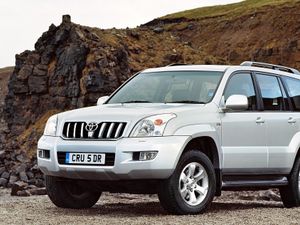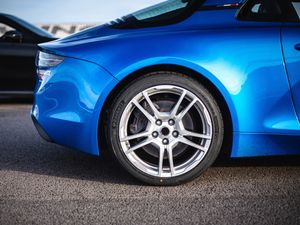How likely is each car firm to meet the government’s EV targets in 2024?
Car manufacturers will be required to have a 22 per cent EV share from 2024.
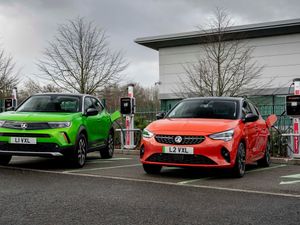
While the car industry has always faced challenges, 2024 could be the hardest yet for many manufacturers. That’s because legislation has been introduced that will require each firm to sell a certain percentage of electric cars each year.
Known as the ZEV (zero-emissions vehicle) mandate, it starts in 2024 and applies to both new vans and cars. For the latter, firms are required to have a 22 per cent share of EV registrations this year, increasing each year to 80 per cent of sales by 2030.
Firms could be stung with a fine of £15,000 per vehicle over the ZEV limit, resulting in some hefty penalties for manufacturers which fail to meet targets. However, brands can ‘bank’ credits for future use where they may not be able to meet targets, trade with other manufacturers that have ‘excess’ EV sales and leverage previous years where they’ve been consistently selling low-emissions vehicles to match these new targets and avoid fines.
Manufacturers selling fewer than 2,500 cars each year are also exempt from having to meet the percentages until at least 2029, which includes lower-volume brands such as Aston Martin, Bentley and Rolls-Royce.
But what about those carmakers that aren’t exempt, will they meet the 22 per cent requirement, and if not how will they escape fines? We’ve asked each firm and used a range of data to work out what might happen.
Alfa Romeo
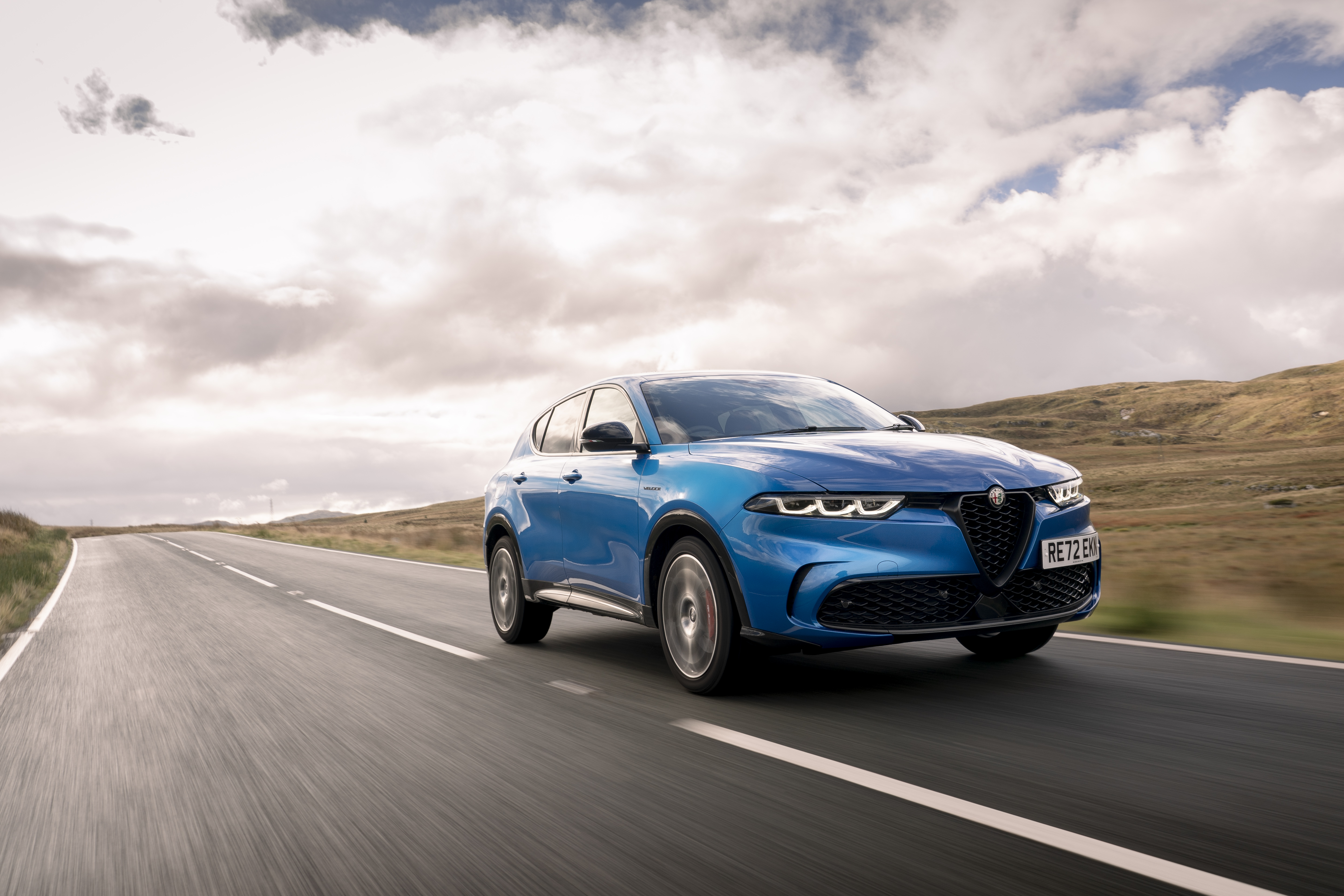
With total sales of 1,546 sales in the UK in 2023, Alfa Romeo could be exempt in 2024 from the ZEV requirements. It is in quite a precarious position, though, as it doesn’t yet have a single EV, though that will change later in 2024 when Alfa introduces the Milano as a compact crossover, which will primarily be sold as an EV.
Audi
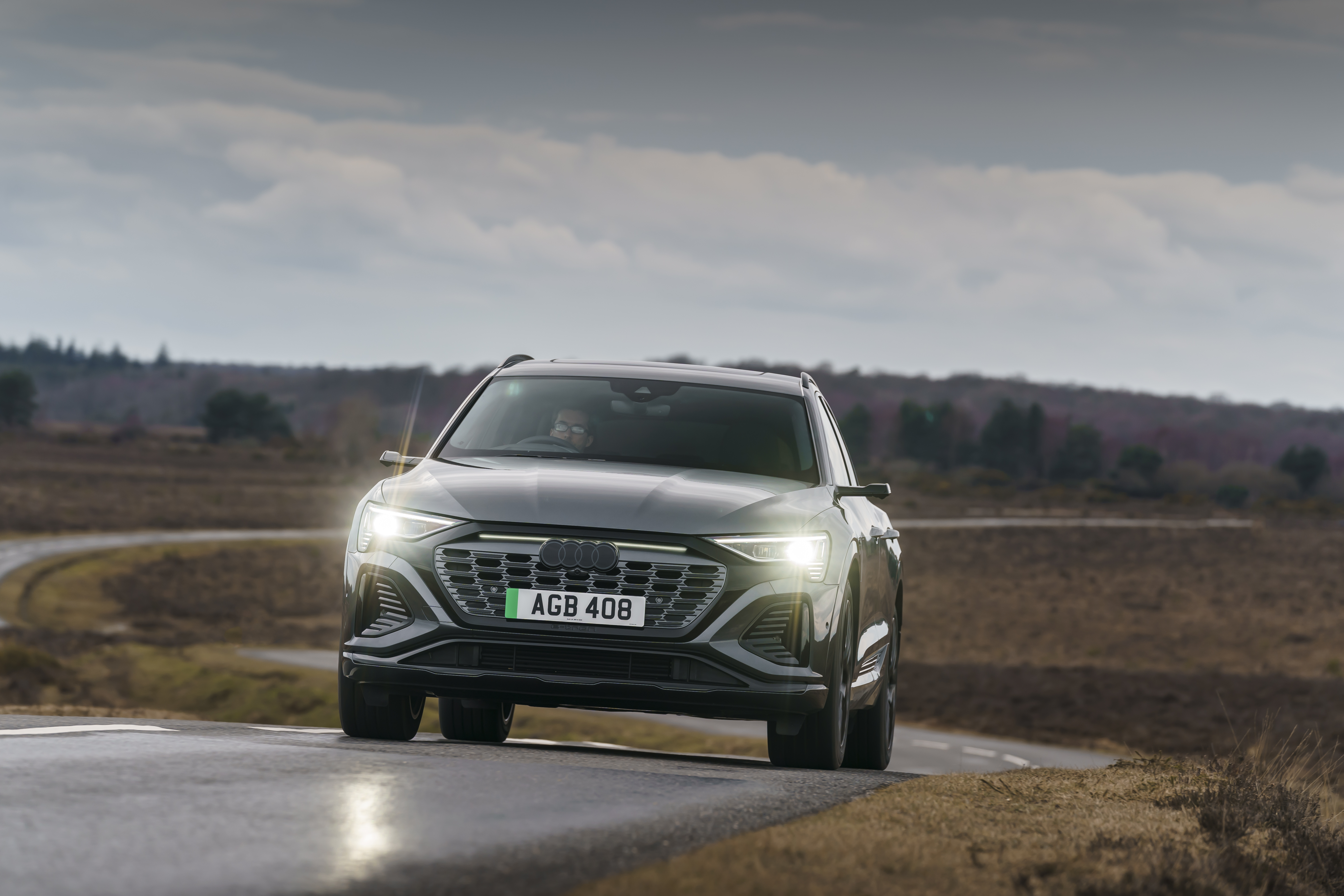
With registrations totalling almost 140,000 cars last year, Audi is now the UK’s third-biggest car firm. With a decent line-up of EVs and an 18 per cent EV share in 2023, it’s already well on its way to meeting the mandate. With the introduction of the electric Q6 e-tron SUV and A6 e-tron models in 2024, it’s likely Audi will easily meet the required percentage.
BMW
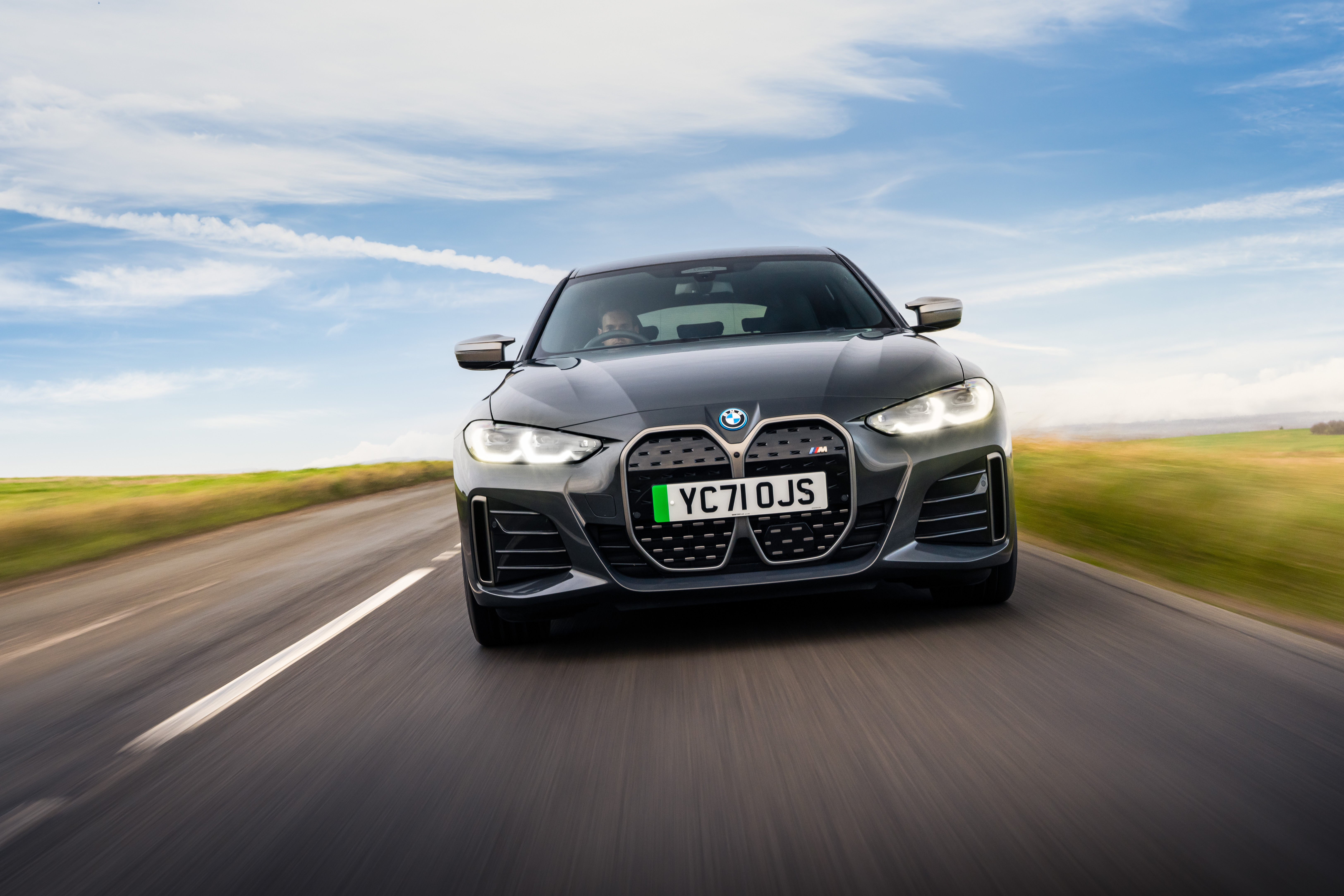
BMW is a firm that should be able to rest easy about meeting the ZEV mandate, with electric cars making up 26 per cent of its overall registrations in 2023, meaning it’s already above the required percentage. A spokesperson for BMW said its “sales trajectory was on track to meet and exceed our obligations where the ZEV mandate is concerned”. This year will also see the introduction of the i5 Touring as its first electric estate, along with the iX2 crossover.
BYD
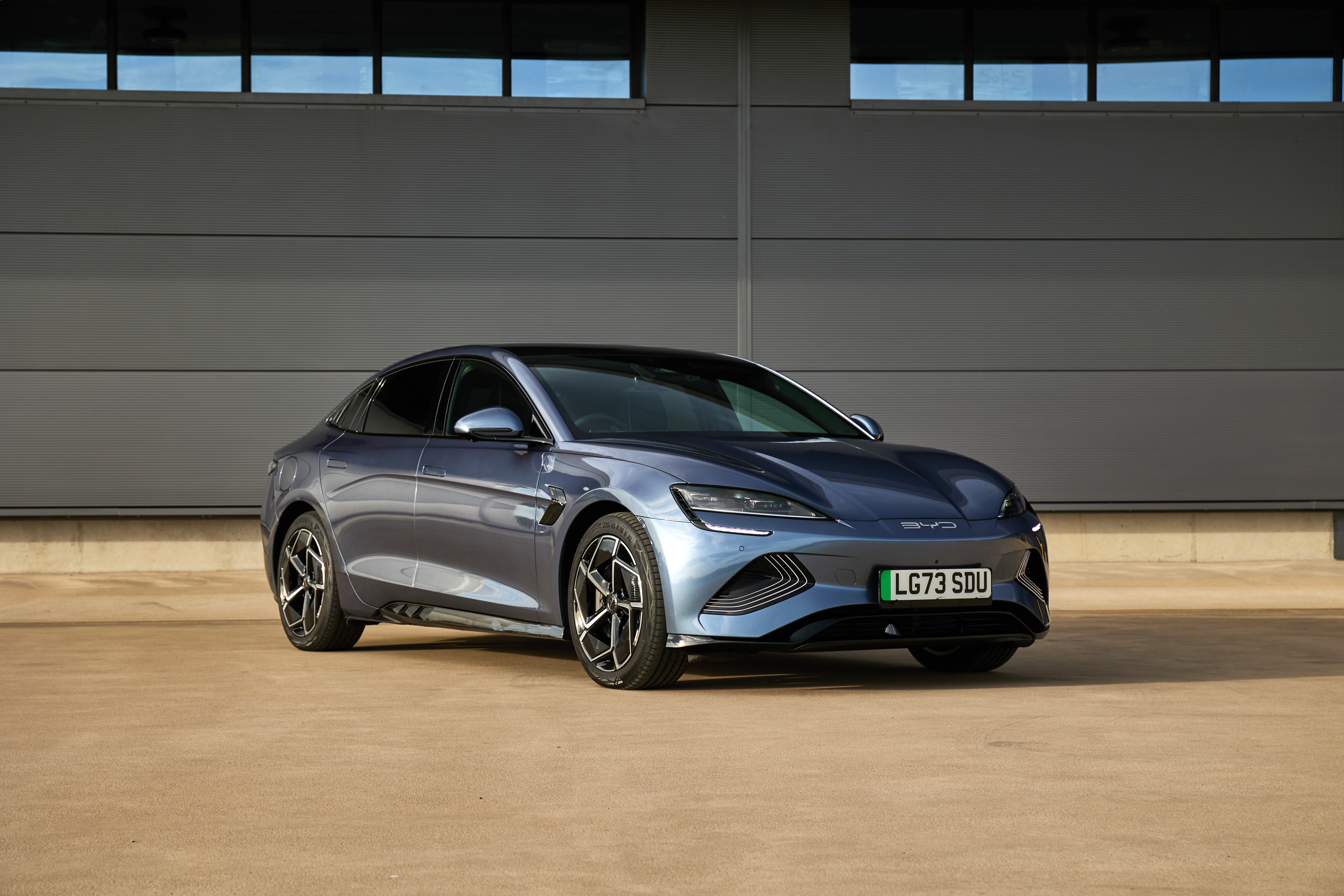
While BYD might have sold well under 2,500 cars in the UK last year, it’s worth noting this Chinese brand didn’t launch its first car until the spring. It’s a firm that is ‘one to watch’ based on its global dominance, and given it primarily sells EVs, BYD won’t need to worry about the ZEV mandate but could use it to its advantage with trading credits.
Citroen
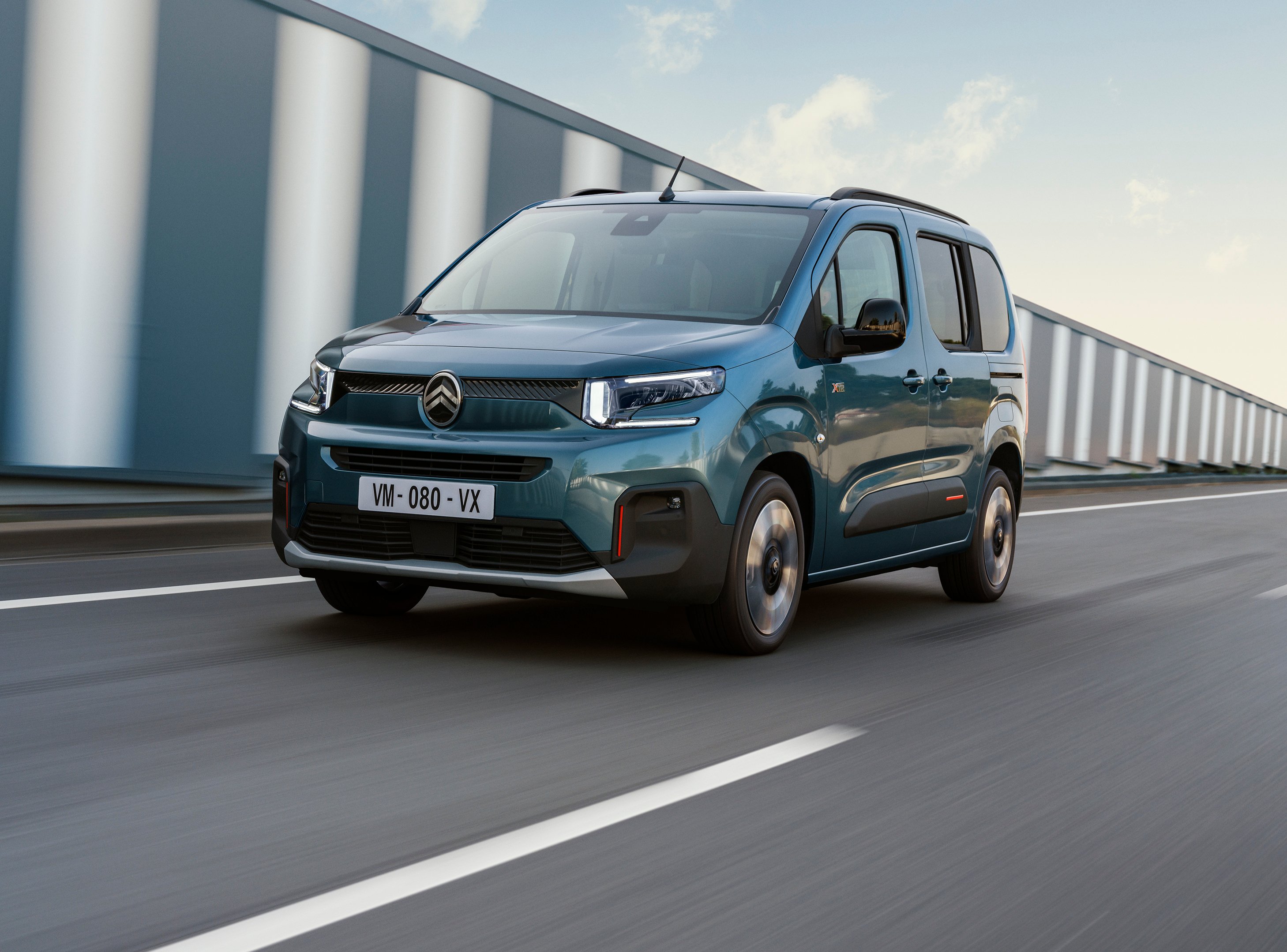
While Citroen already offers a range of electric models, combined, these only made up 10 per cent of its overall sales in the UK last year. While this will grow, it could mean the French firm has to push its EVs at the expense of petrol models. That said, Citroen will soon launch the new e-C3, which arrives as one of the cheapest electric cars. A spokesperson for Citroen said it would ‘meet the required ZEV commitments’.
Cupra
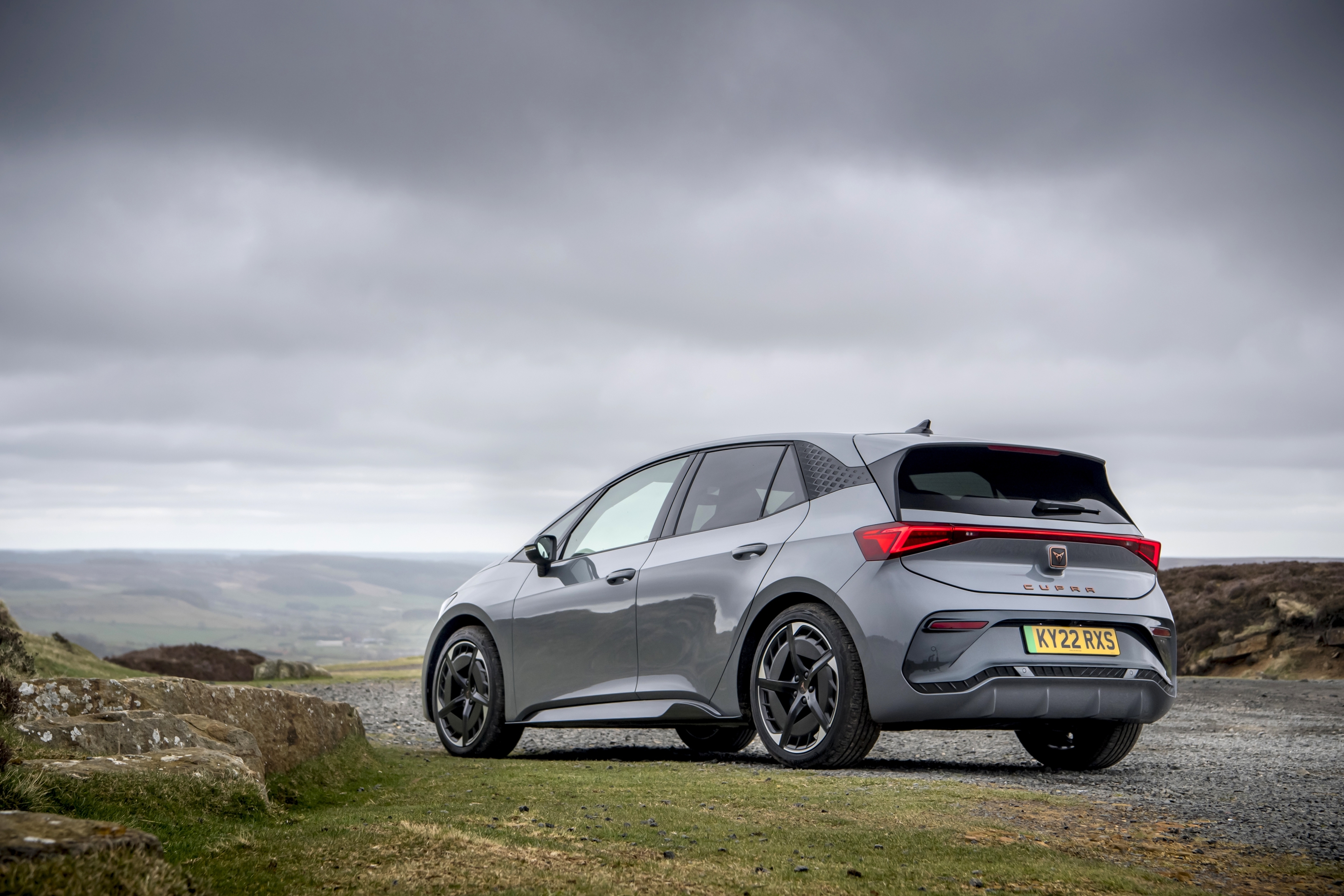
Cupra is a brand on the rise, with sales surging in 2023 to more than 25,000 units – putting it ahead of Honda. The Spanish firm shouldn’t have to worry about its ZEV commitments, either, with the firm having a 27 per cent EV share last year courtesy of its electric Born hatchback. With Cupra launching a new electric SUV, the Tavascan, in 2024, the firm will likely be used to help ensure that all Volkswagen Group brands can meet the required electric vehicle percentage.
Dacia
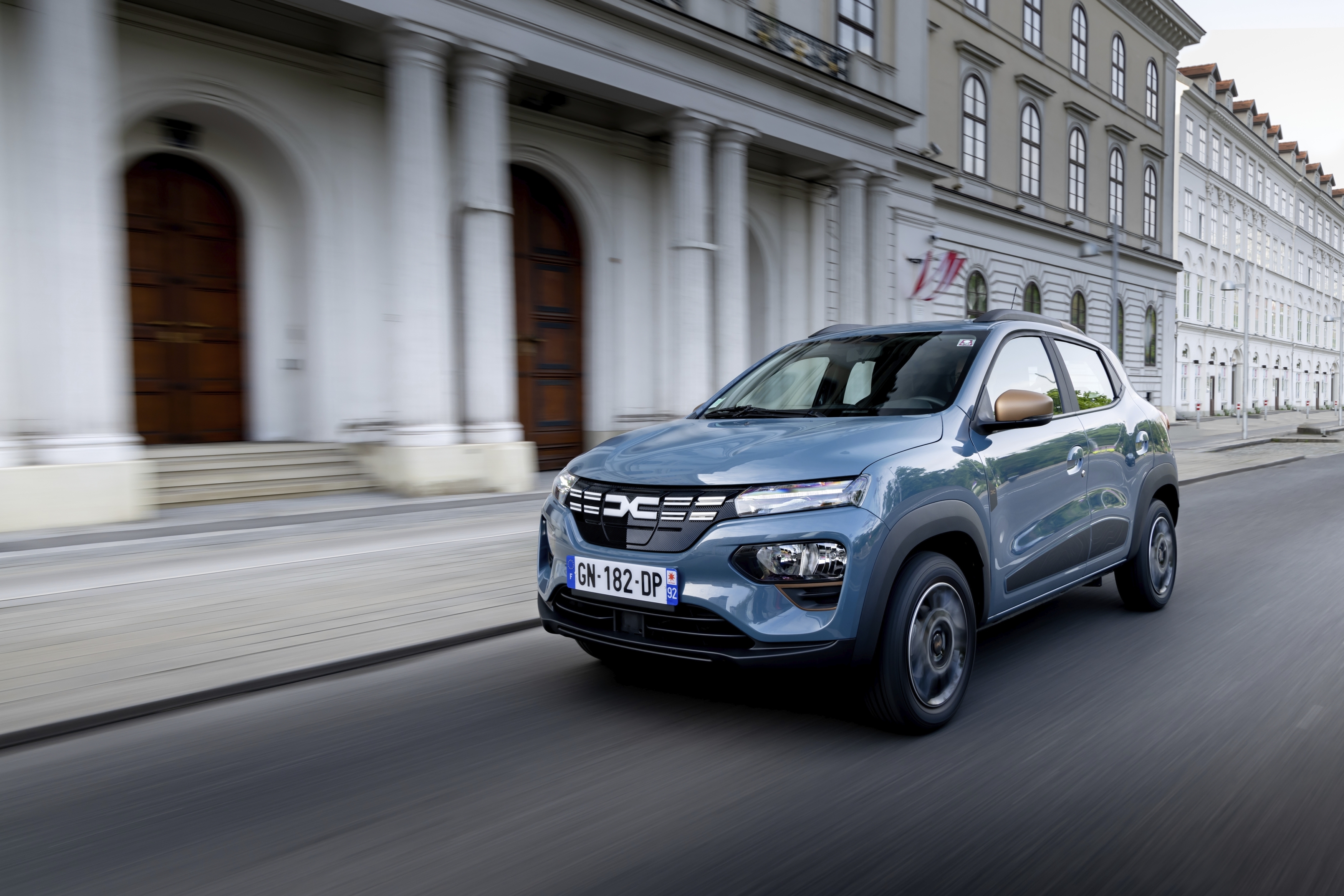
Dacia is one of the largest firms that currently does not sell a single EV in the UK, though its value-packed electric Spring is being introduced in Britain later in the year, and should sell well as it will be one of the cheapest electric cars on sale. Even with this, Dacia will still have quite a challenge on its hands to meet the ZEV mandate. In a statement, Dacia said its goal was to “sell as many EVs as possible and meet the targets”.
DS
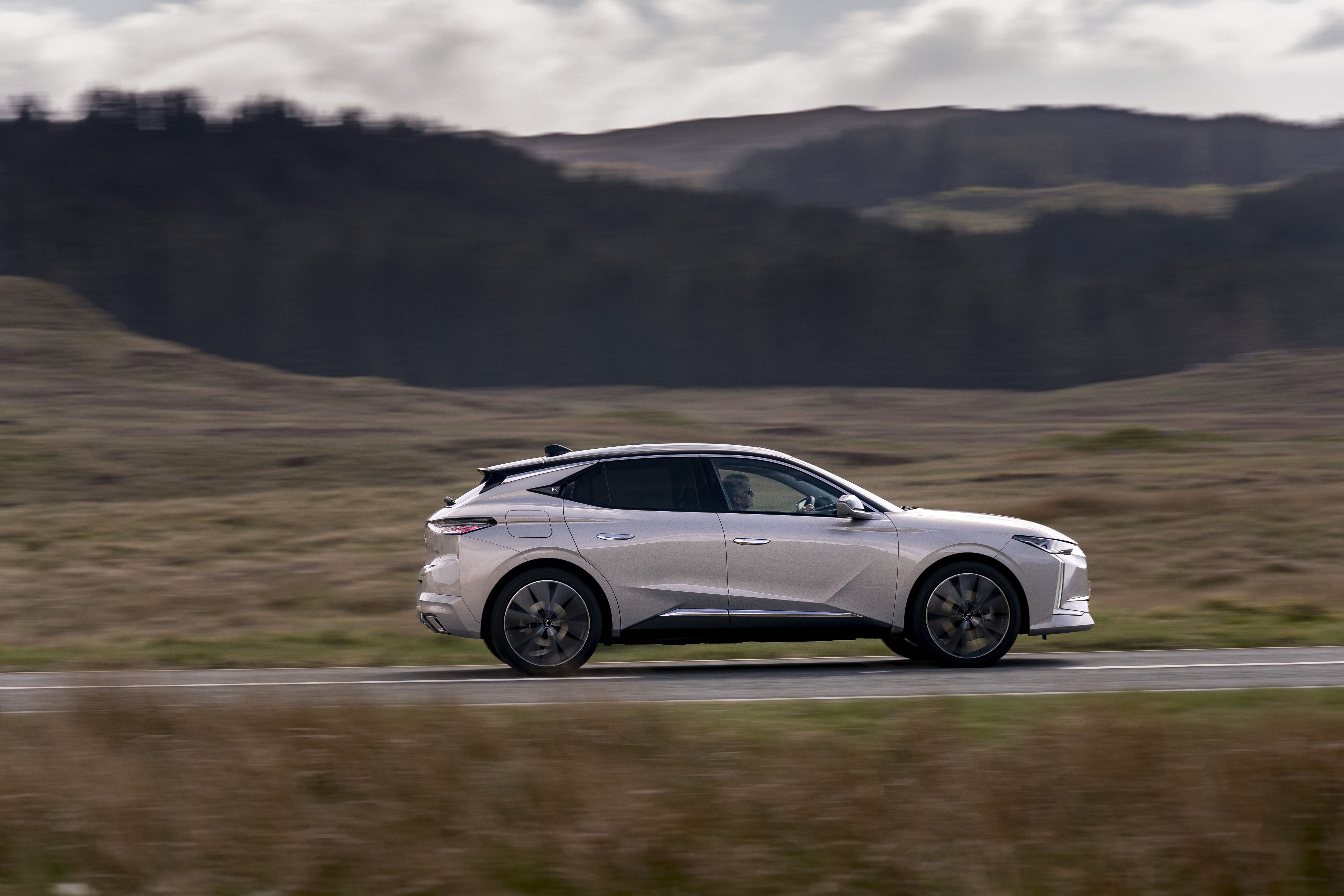
With sales of just under 2,500, if DS has a similar year to 2023, it might not need to worry about the ZEV mandate for a few more years. That said, the French premium carmaker announced back in 2021 that it would become an ‘electric-only’ brand in 2024, though there’s been little detail about this ever since. It had a 10 per cent EV share last year, coming from just one car.
Fiat
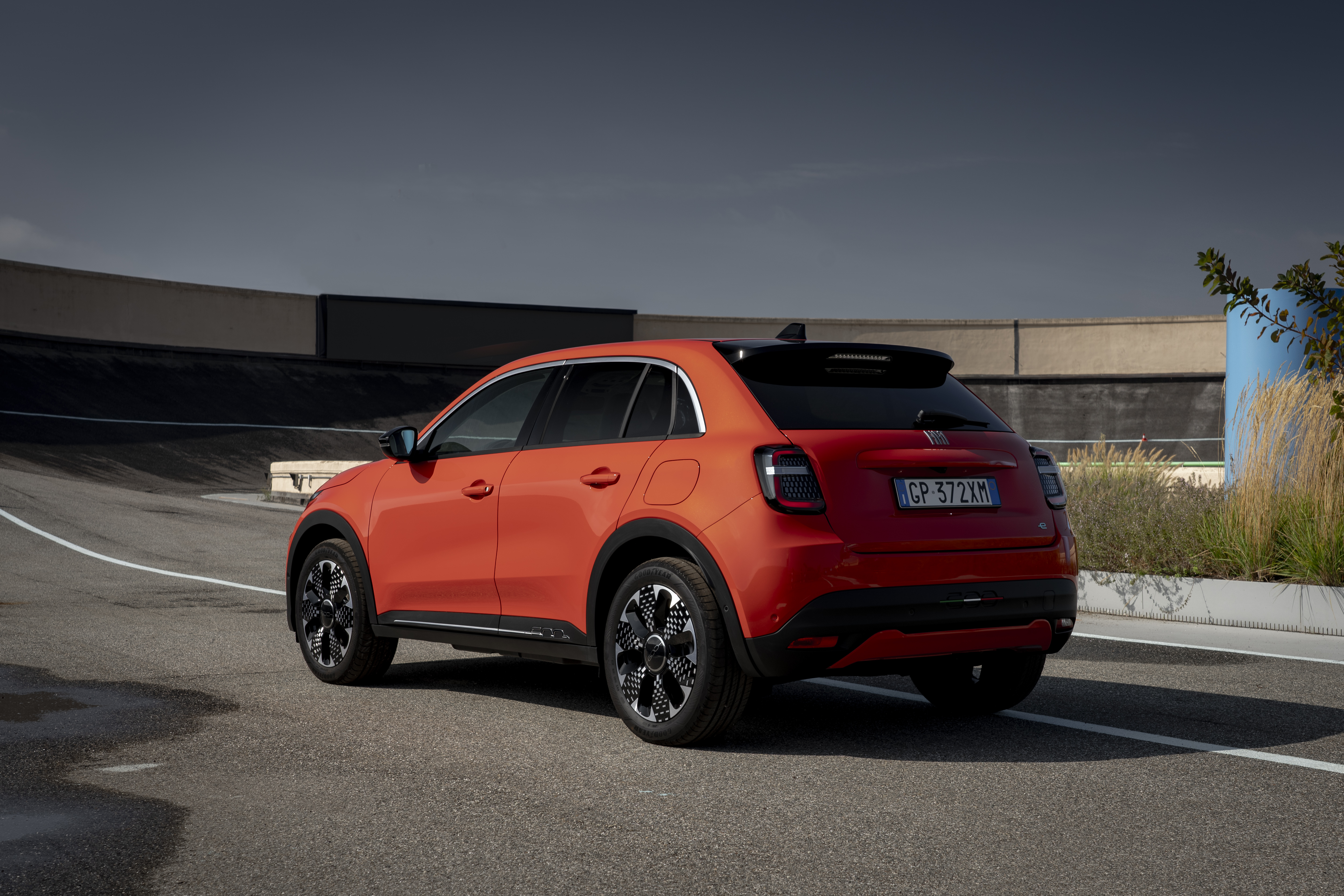
Fiat’s sales have dropped quite considerably in recent years, and though it does already offer an electric version of its well-loved 500, this model accounted for just a 12 per cent EV share in 2023. However, this year Fiat will introduce the 600e in the spring as an EV crossover that should prove popular. A Fiat spokesperson said: “As such it is our full intention to meet the requirements of the ZEV mandate.”
Ford
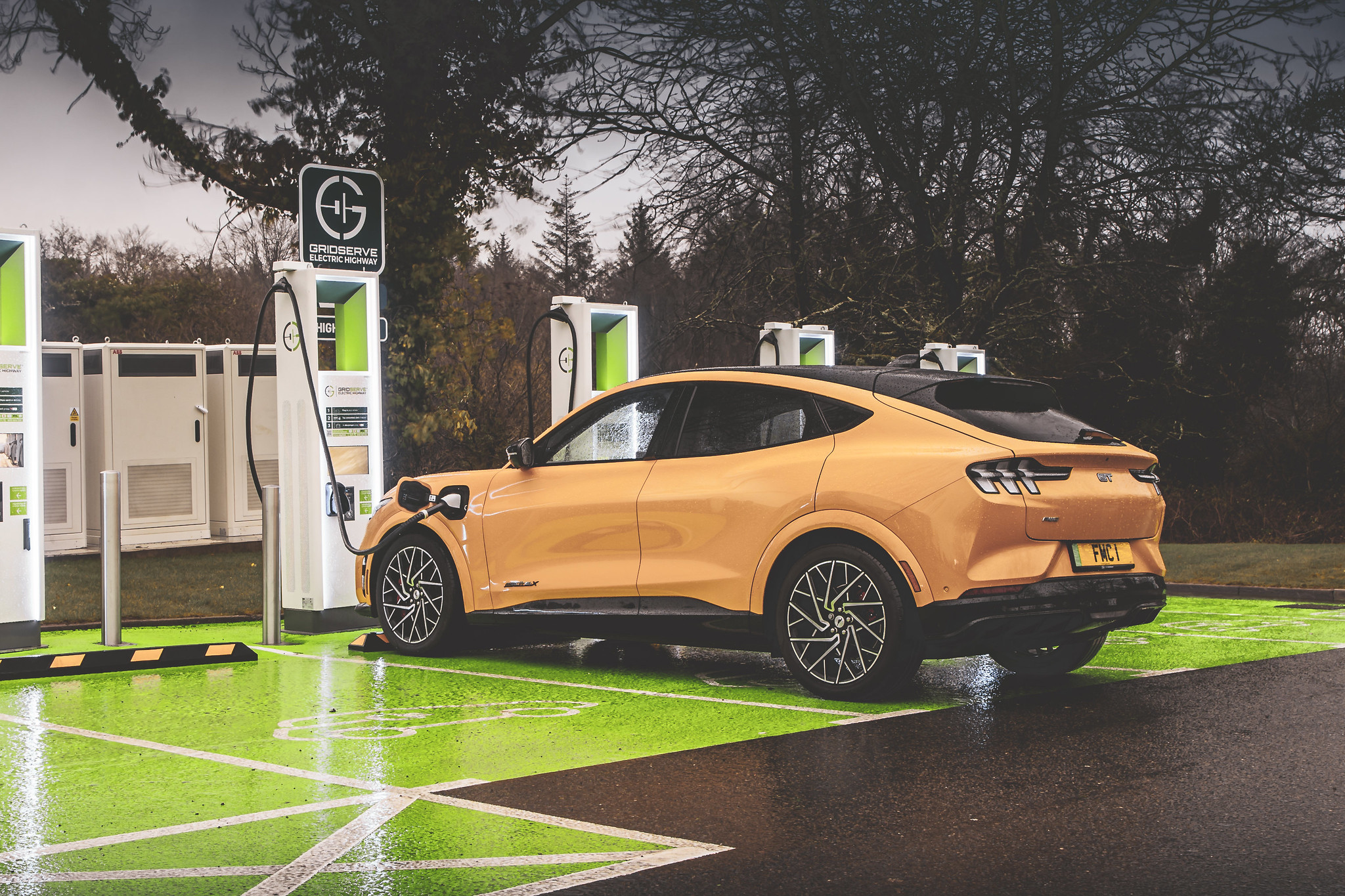
Ford is perhaps the firm that should be worrying the most about the ZEV mandate, at least in 2024. It’s the second most popular car brand in the UK, yet only currently sells one electric passenger car – the Mustang Mach-E – which accounted for a measly two per cent of its total registrations. This year will see the launch of a Ford Explorer as well as a Puma EV right at the end of 2024, but even still, Ford is unlikely to meet the ZEV mandate on its own. Ford didn’t respond when asked how it intended to meet the targets.
Honda
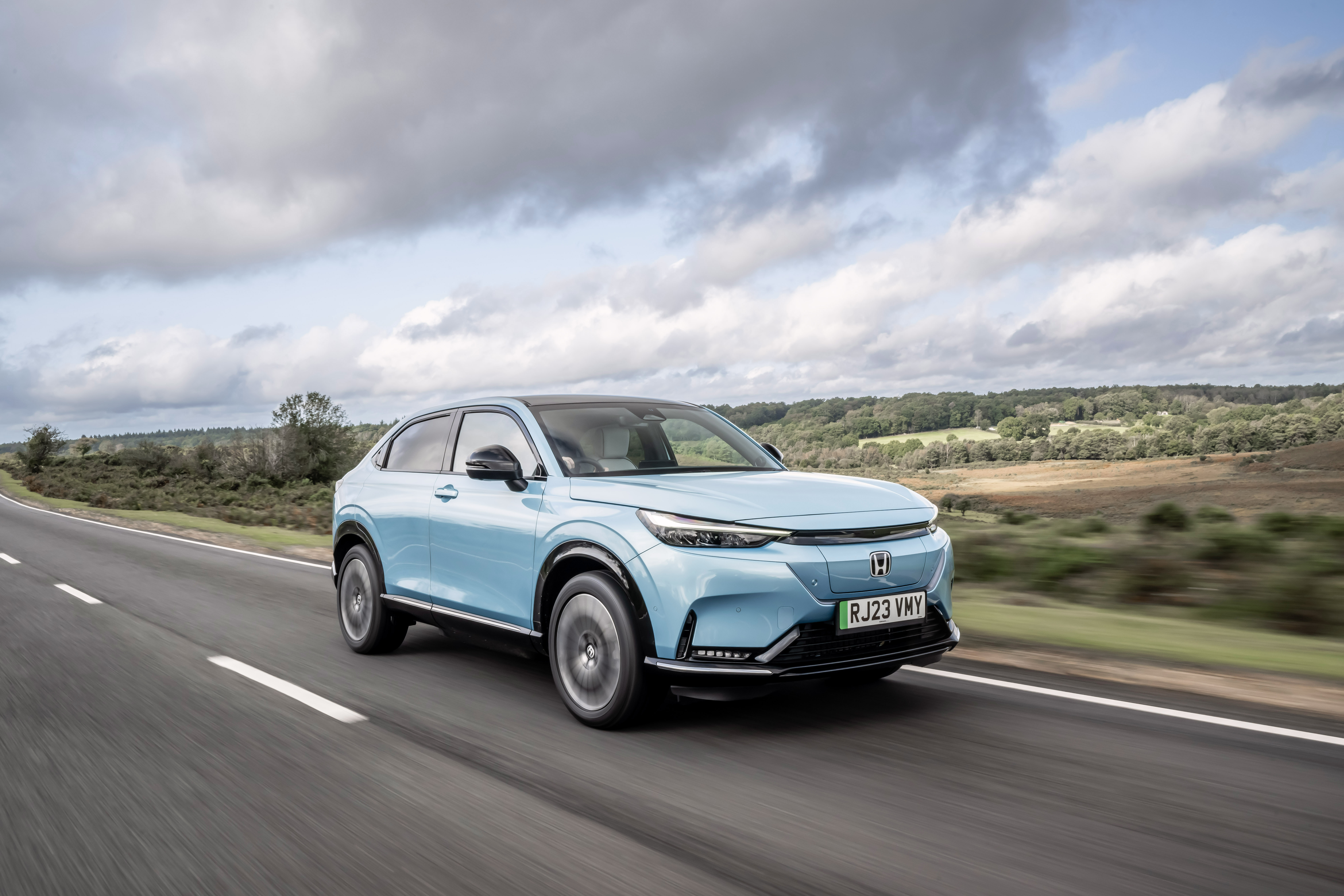
Honda is another firm that will be challenged by the ZEV mandate. It’s recently discontinued the slow-selling electric ‘e’ city car and its battery-powered e:NY1 crossover has had a lukewarm reception. Last year, it registered just 434 EVs, accounting for only a two per cent share. A spokesperson for Honda said it “welcomed the range of flexibilities, such as banking, borrowing and trading”.
They also urged the government to provide more EV incentives “to assure customers that moving to electric is the right choice”.
Hyundai
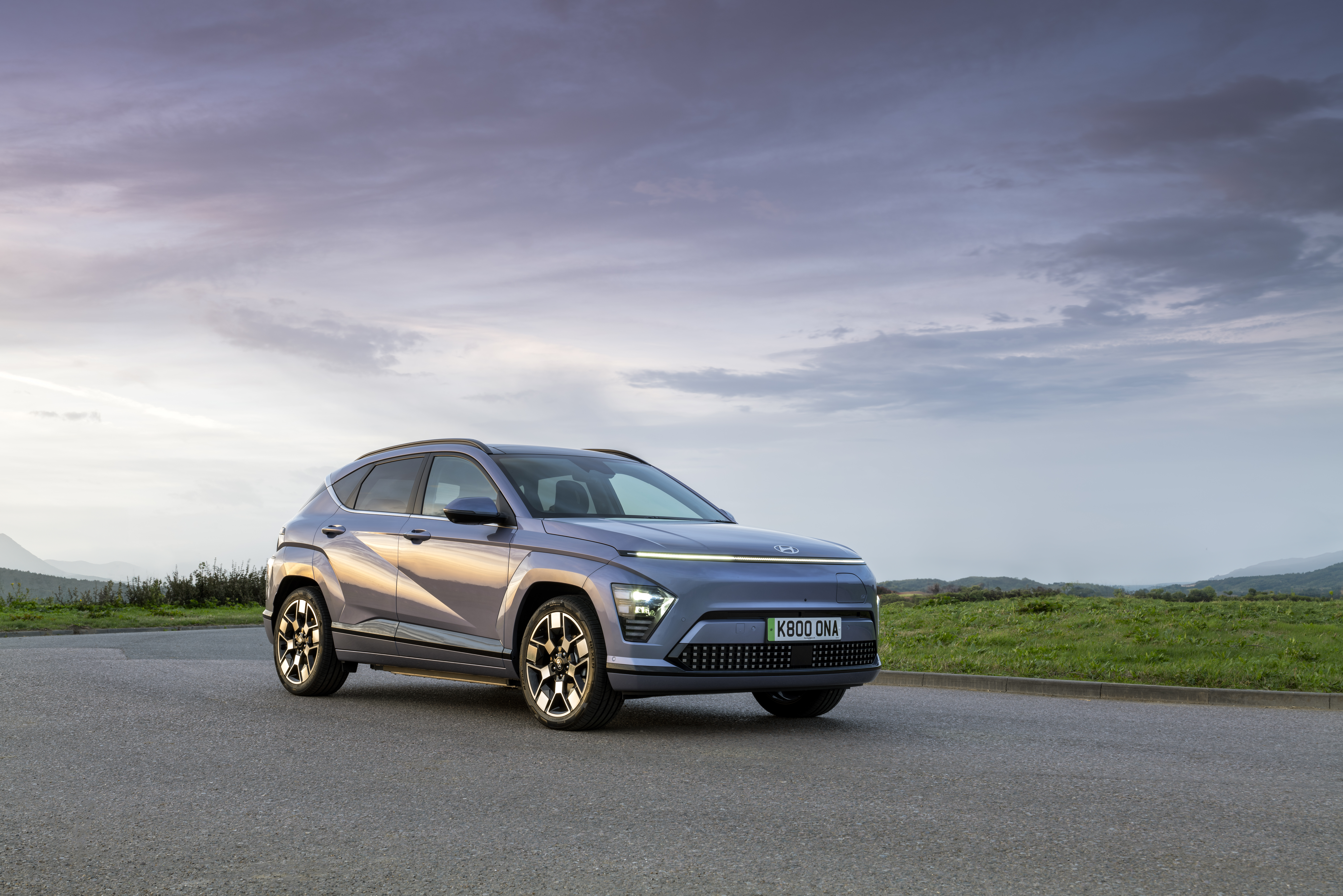
Hyundai’s range of electric models accounted for a 15 per cent share of its sales last year, though the firm stressed there are “more [EVs] to come this year” in response. The South Korean firm has had low average fleet CO2 emissions in recent years and said it could use this to “offset” the ZEV threshold. The spokesperson also added: “In any case, we believe that we are in a strong position to take advantage of the market opportunities and to meet the requirements expected.”
Jaguar
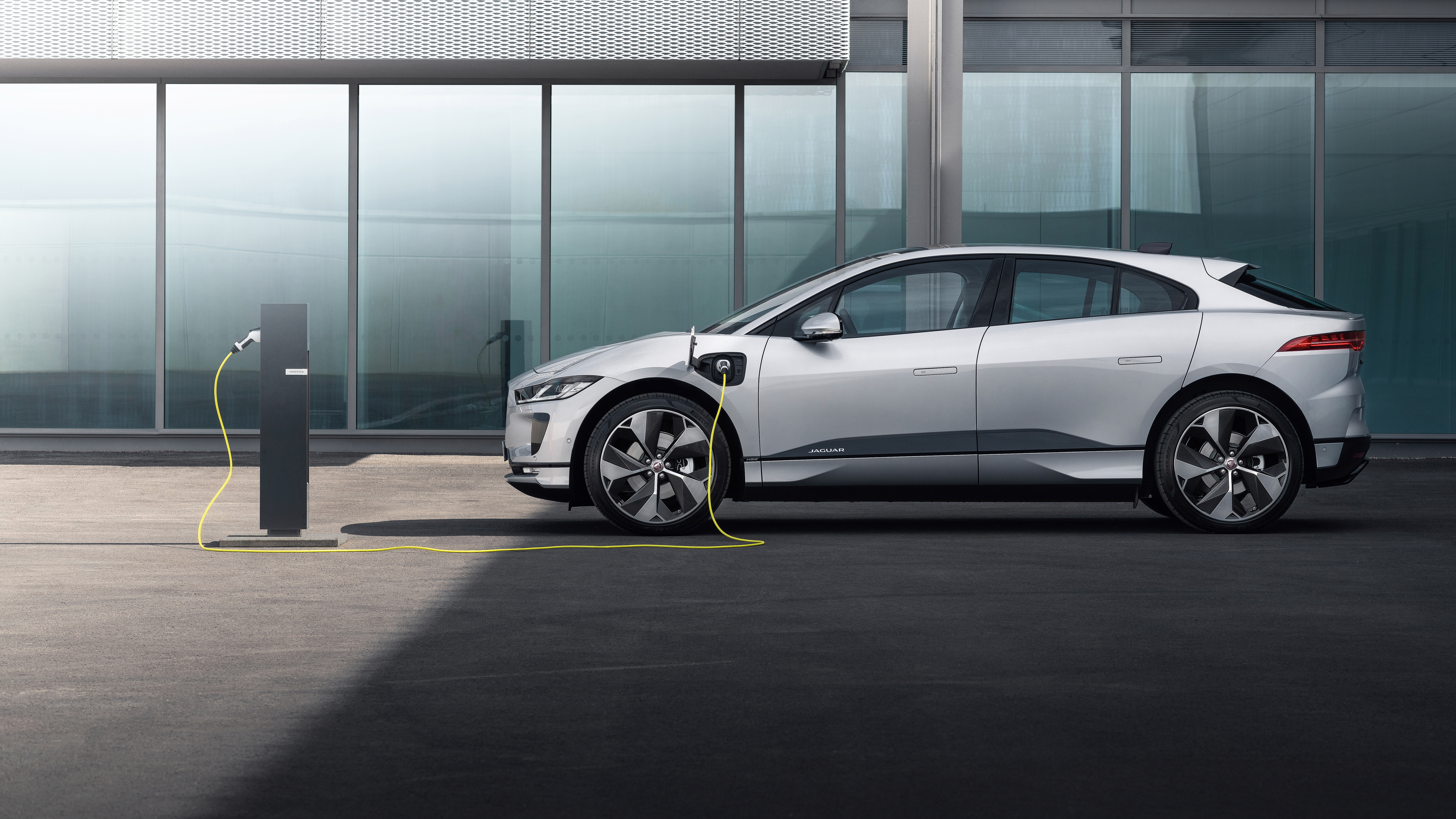
Jaguar’s sales have struggled somewhat in recent years, though the good news is that courtesy of just a single EV – the I-Pace – it already met the 22 per cent EV share in 2023. Though the firm wouldn’t comment on the ZEV mandate, it is set to reveal its next generation of EVs later this year as it becomes an electric-only brand from 2025.
Jeep
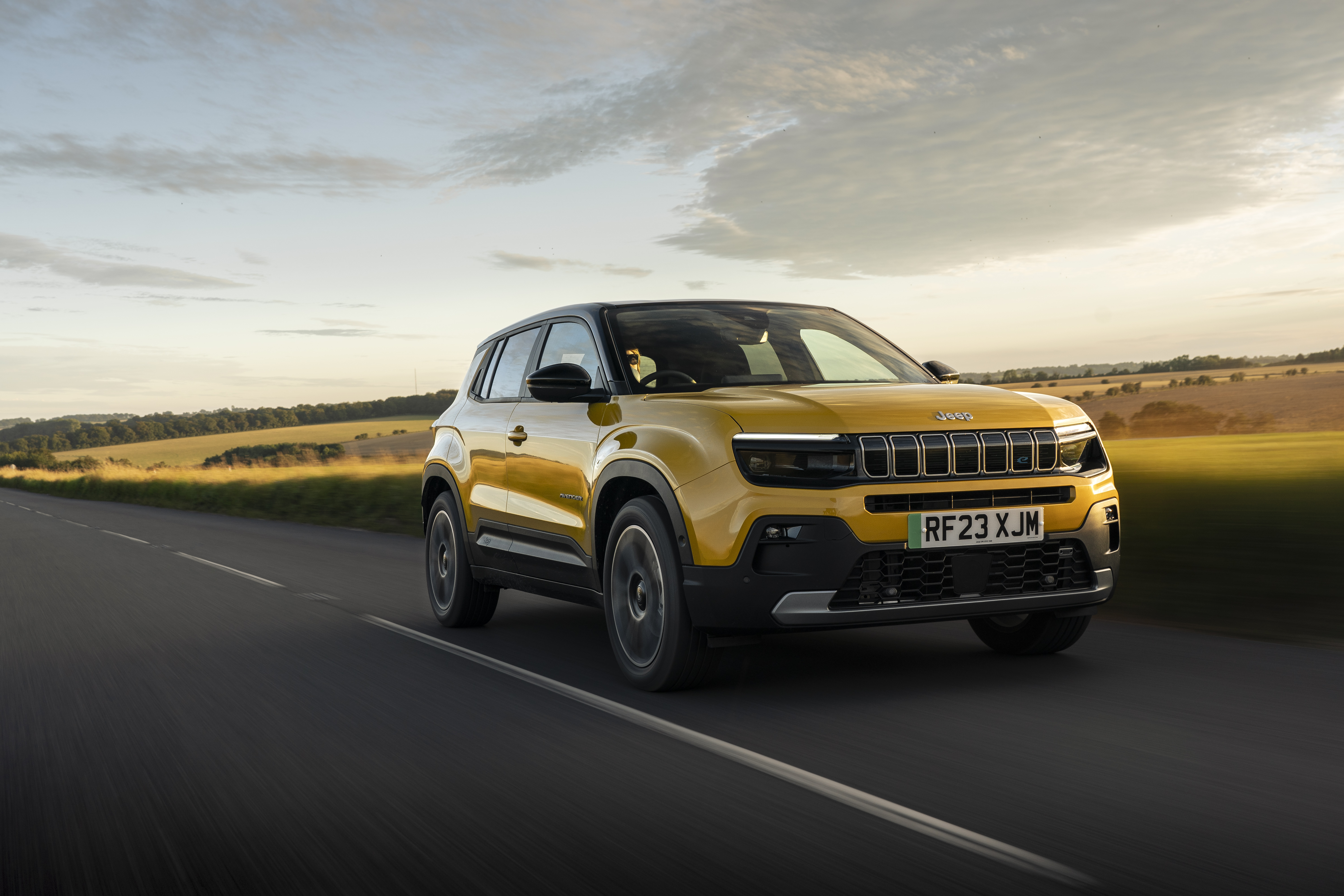
Jeep introduced its first electric model in 2023 with the Avenger, and despite only launching in the second half of the year, it accounted for a 14 per cent EV share. With a full 12 months of it on sale in 2024, it’s likely to help Jeep meet and exceed the threshold quite comfortably.
Kia
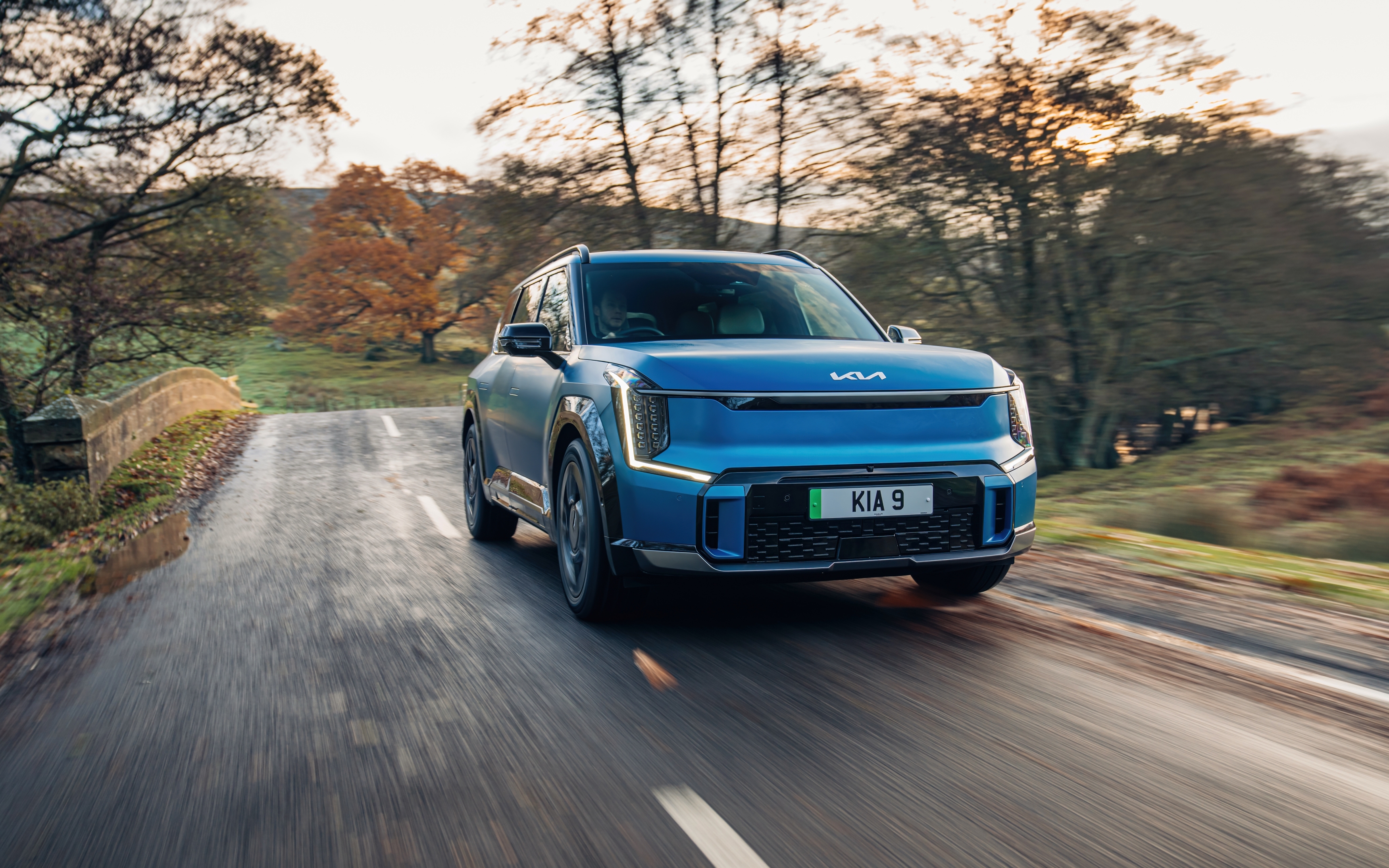
When asked, Kia said it was “confident” that it would meet the ZEV mandate threshold. The South Korean firm has offered a range of electric models for some time, and last year, EVs made up a 16 per cent share of its EV sales. Various new battery-powered models in the pipeline should help it to meet the mandate as well.
Land Rover
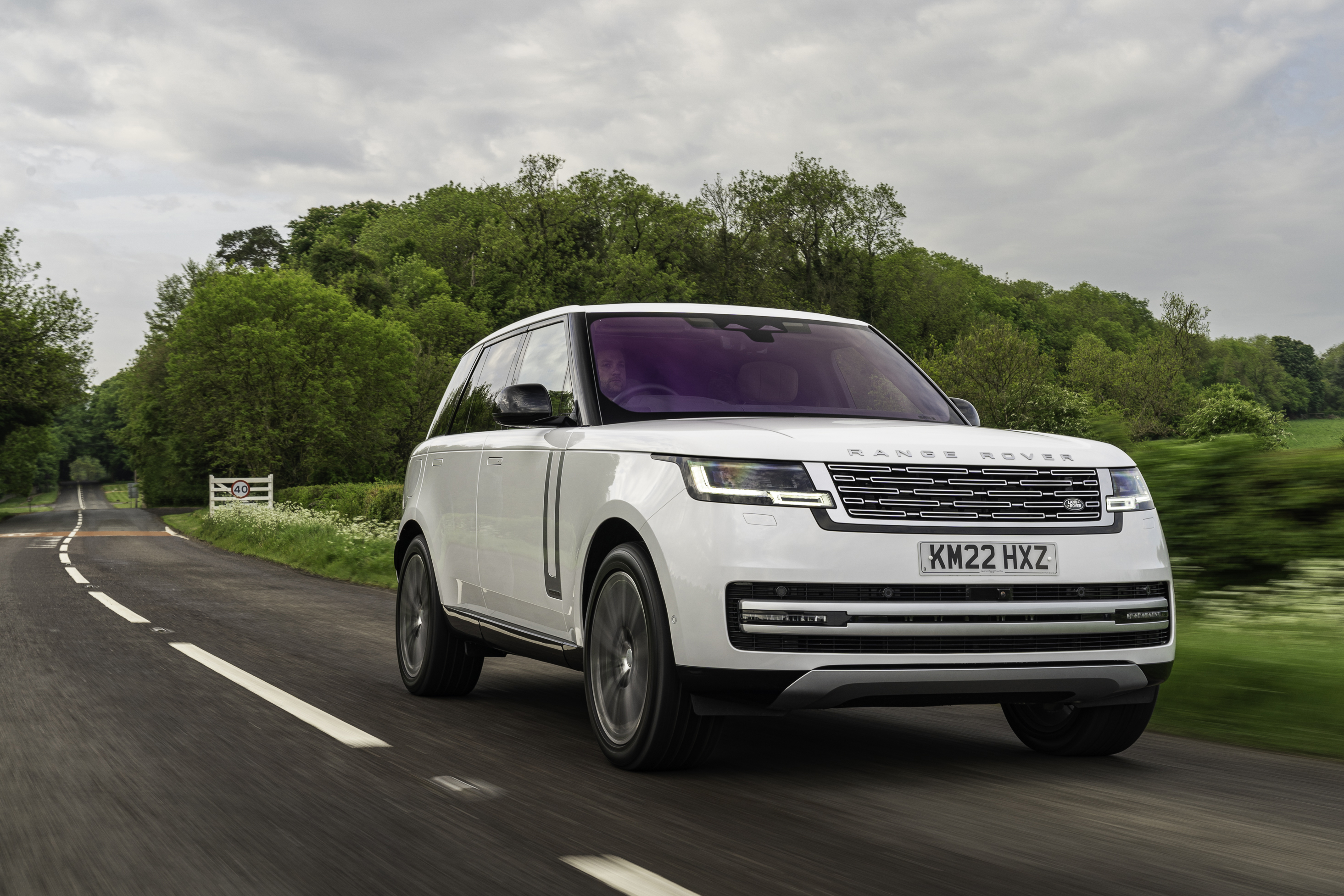
The ZEV mandate is also likely to prove a challenge for Land Rover. It’s yet to launch an EV, and though an electric Range Rover will arrive in 2024, this won’t get the British firm anywhere close to the required 22 per cent. While it will be able to combine its sales with Jaguar as they’re part of the same group, Land Rover is by far the more dominant brand, which is part of the problem with ZEV. The firm wouldn’t comment on the matter.
Lexus
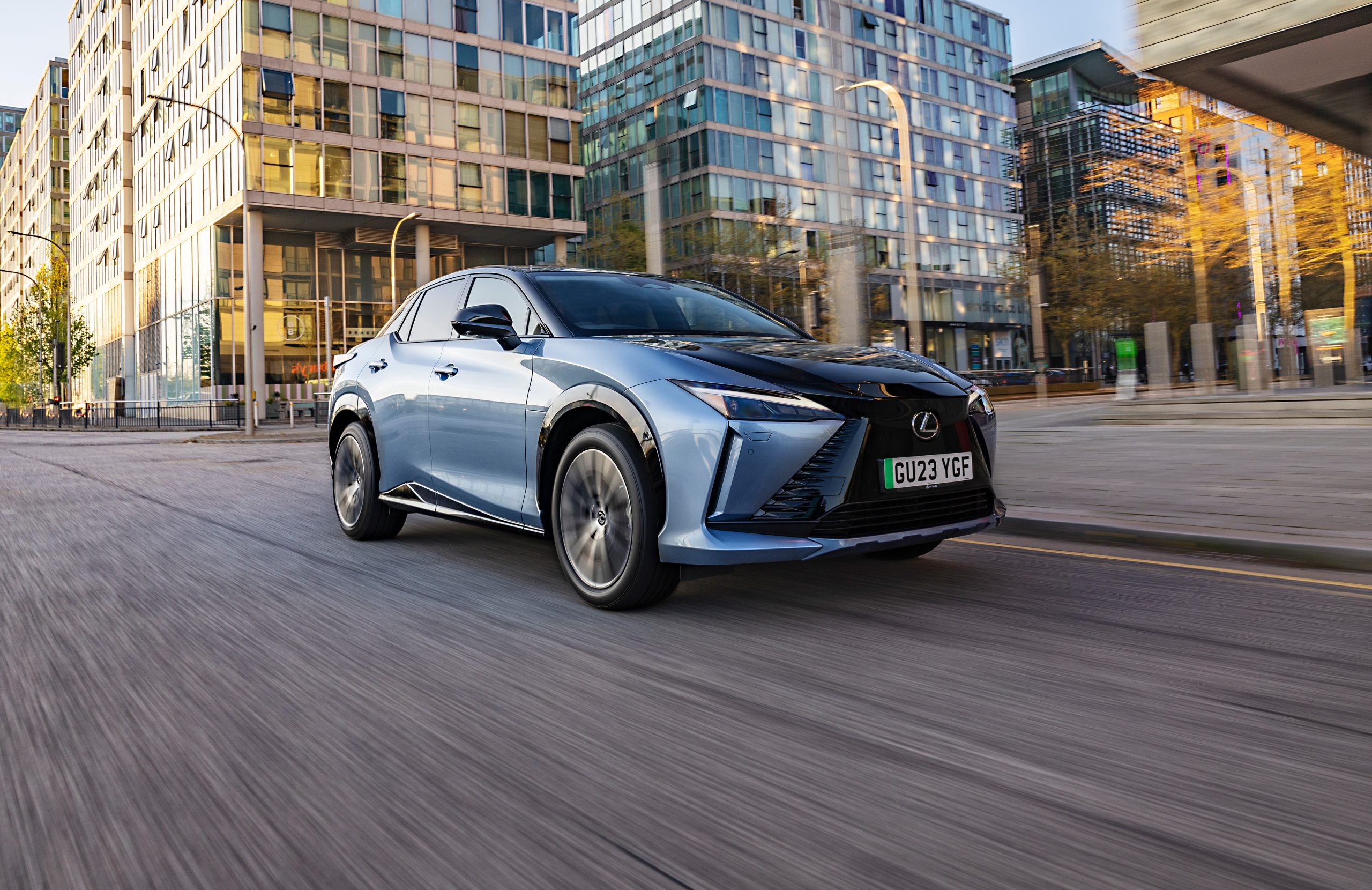
Despite Lexus selling two electric models in its fairly small line-up, these made up just five per cent of its total UK sales. With no new electric Lexus models planned for 2024, that percentage is unlikely to increase. Lexus said it wouldn’t comment on the ZEV mandate, but the firm will undoubtedly have to explore other options to avoid fines.
Mazda
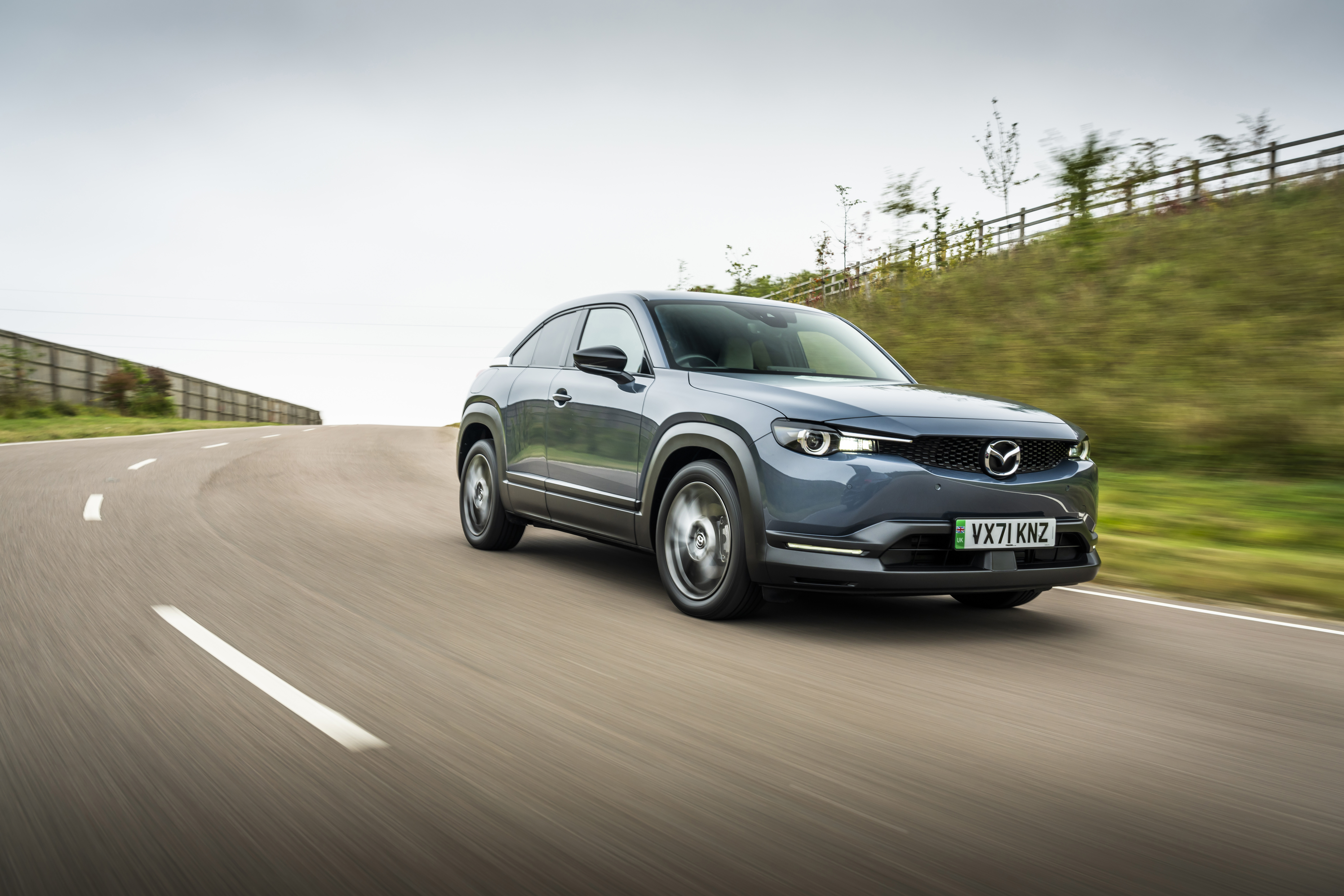
Mazda is another firm behind the curve when it comes to EVs, with the firm telling the PA news agency that it would be “using the flexibilities of the scheme… to remain penalty free”. Mazda currently just sells one electric model – the MX-30 – which made up just three per cent of its 2023 sales. The firm added that it would have an “EV registration focus”, meaning it will likely be pushing offers on this EV.
Mercedes
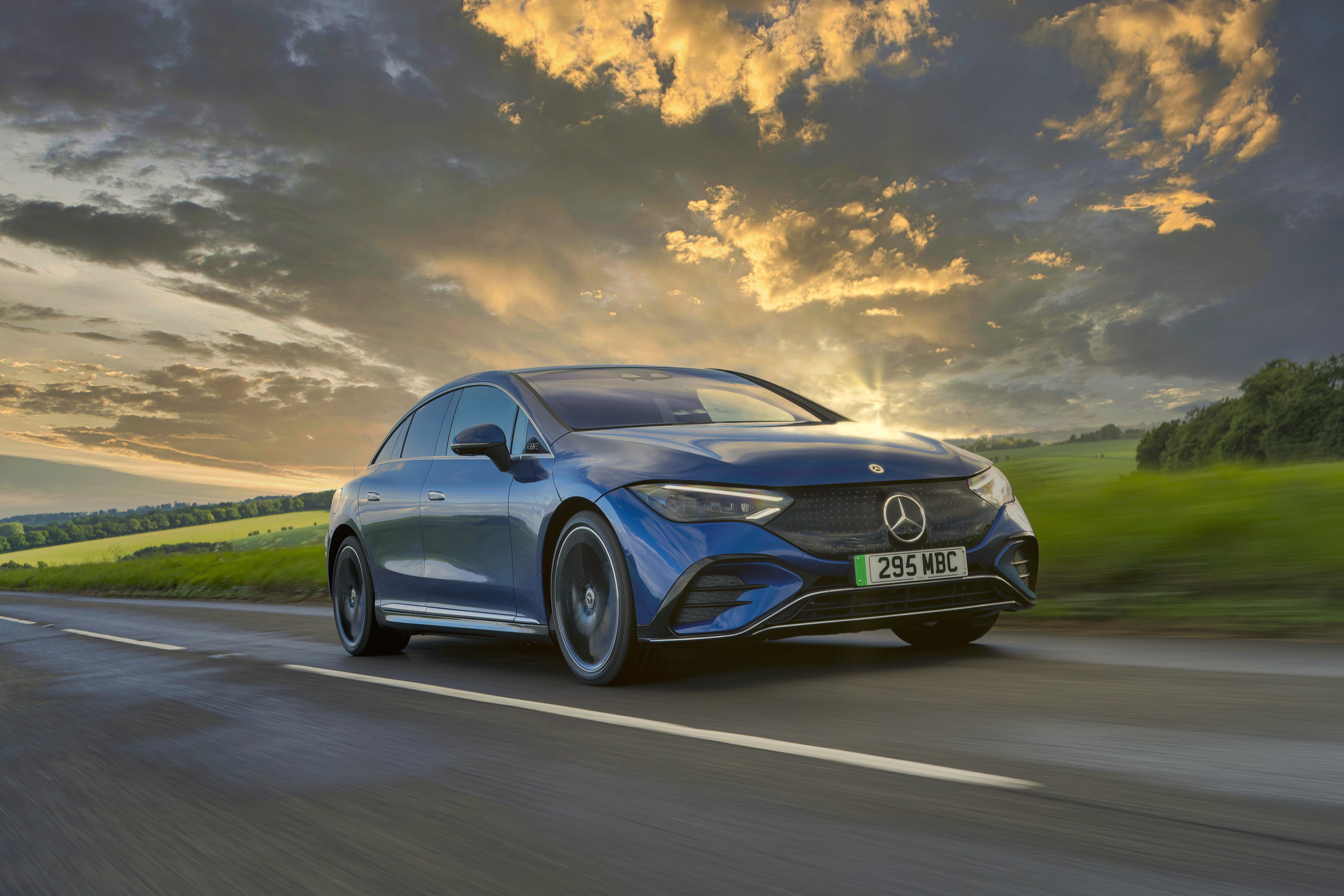
Mercedes offers one of the widest ranges of electric cars, and as a result, its EV sales mix is already above the ZEV mandate, with electric models making up 24 per cent of its registrations in 2023. With further updates due to its current EVs, and more on the way, it’s unlikely to be troubled by the new requirements.
MG
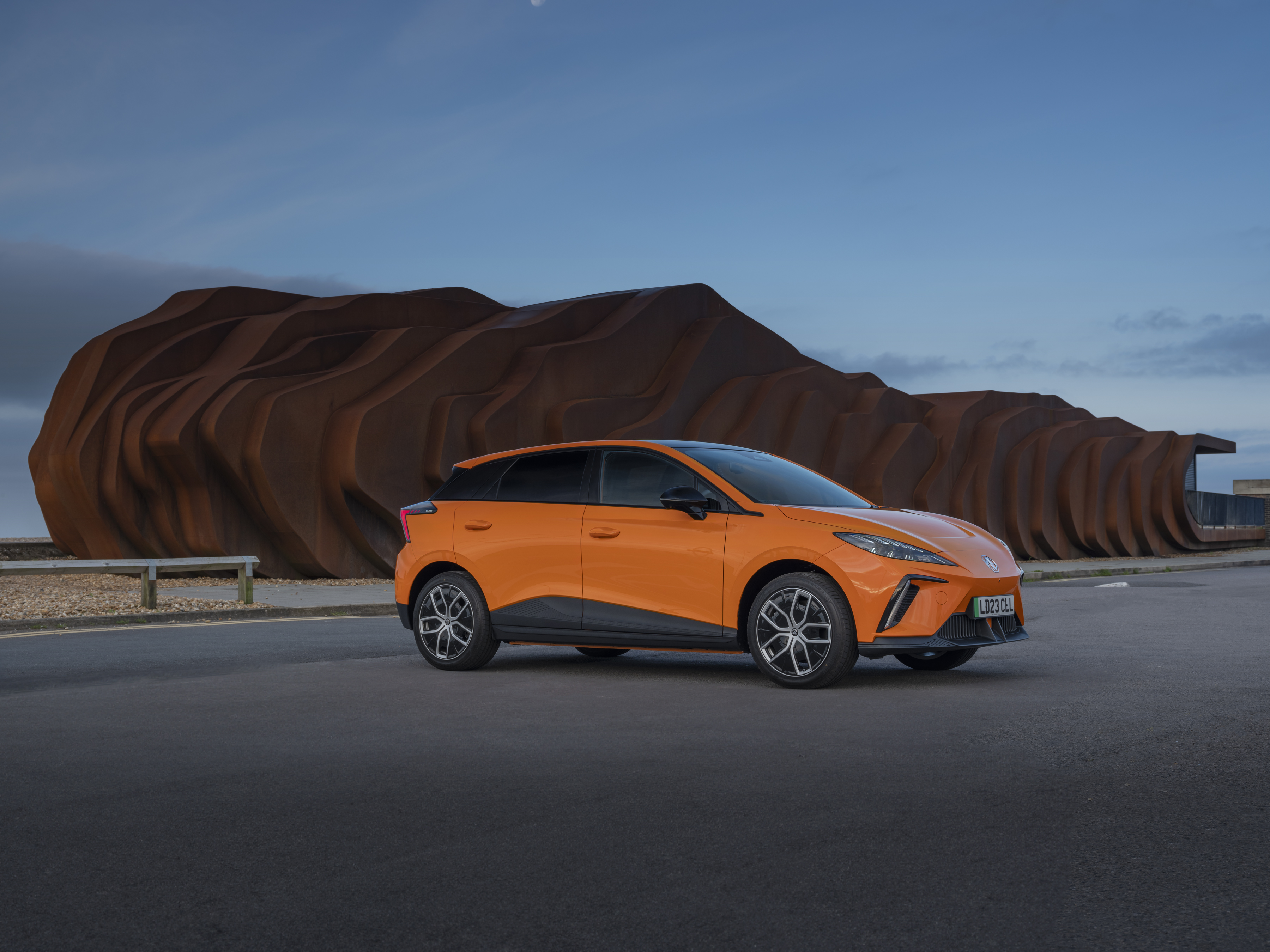
MG’s affordably priced electric cars made up an impressive 38 per cent EV sales mix in 2024. It means it’s already well ahead of the mandate, and could even have the flexibility to trade with other manufacturers, though the firm failed to respond to our request.
Mini
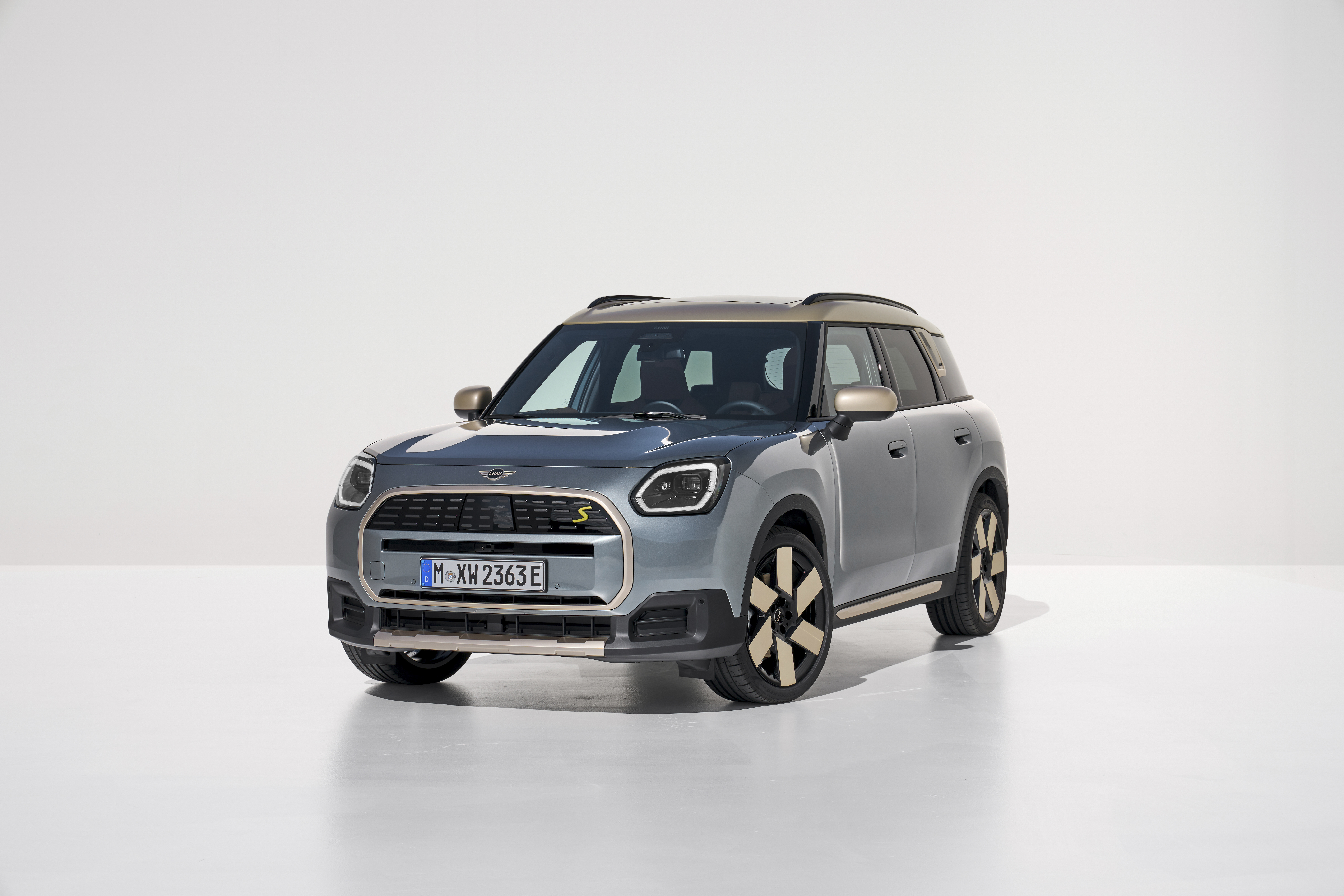
While Mini only had a 14 per cent EV sales mix in 2024, this is only from one car – the Electric – which has a fairly niche appeal because of its small electric range. But in 2024, Mini will introduce a new generation of its electric hatchback with a much-improved range, along with an electric version of the Countryman SUV for the first time. Both of these should help Mini to reach the ZEV target in 2024.
Nissan
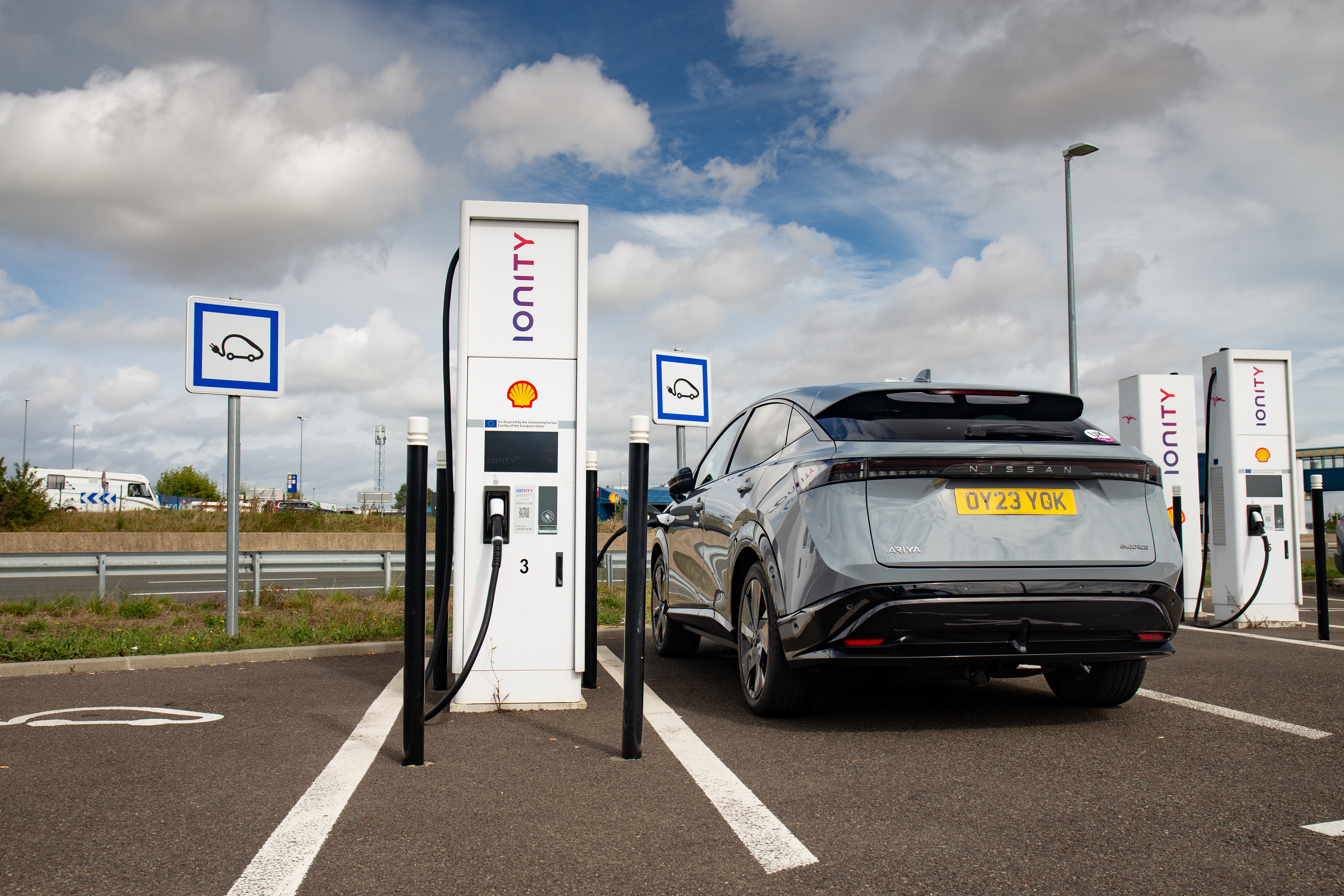
While Nissan has been ahead of the curve when it comes to EVs, its electric sales mix isn’t as high as you’d expect, making up just nine per cent of its registrations last year. This is largely due to the large volume of non-electric models such as the Juke and Qashqai. With no new electric Nissans likely to land this year, it could have to adopt some of the flexibilities of the scheme, though a spokesperson said it was “confident” it would meet the ZEV mandate.
Peugeot
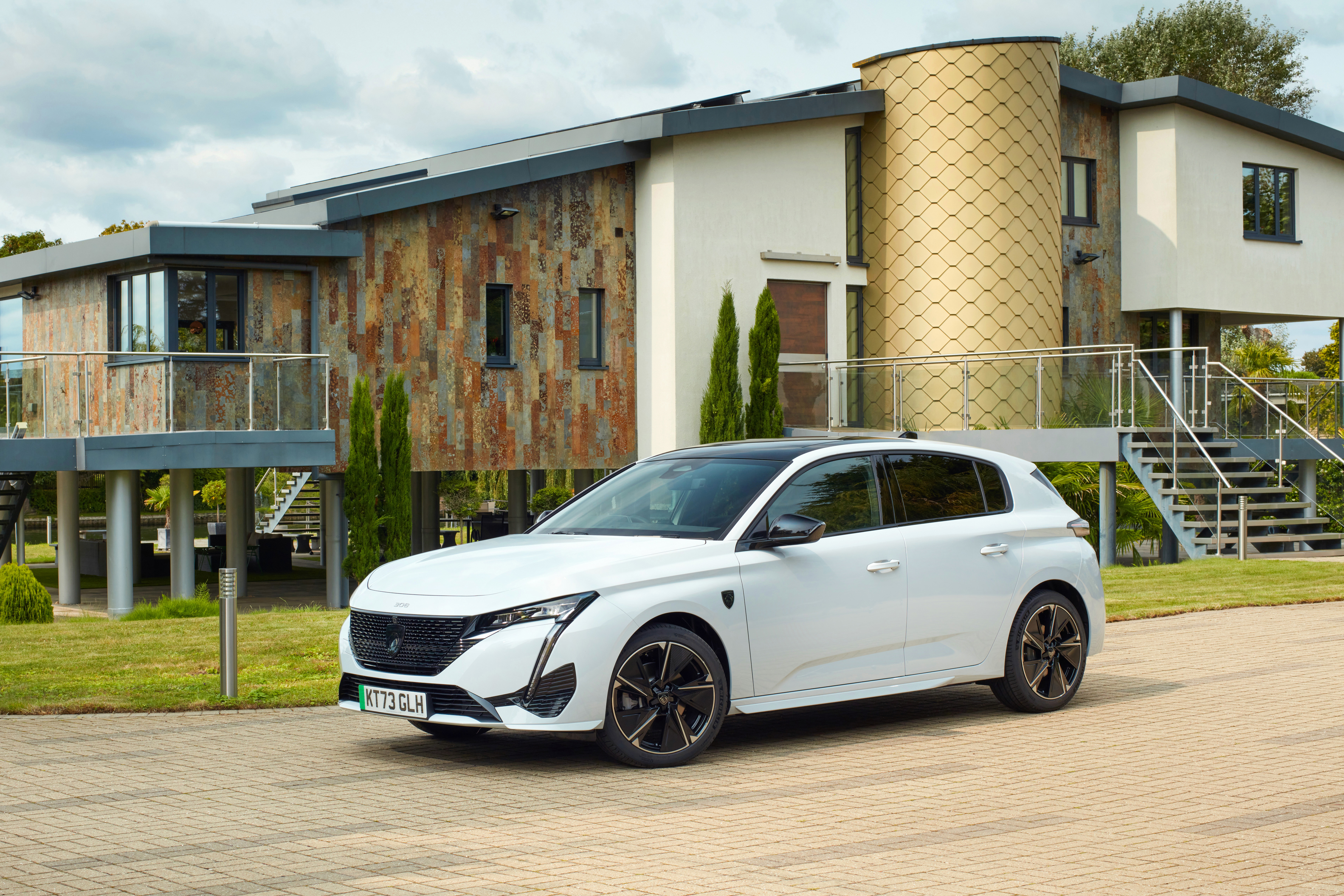
Though Peugeot already offers nearly every one of its cars as an EV already, combined, these still made up a relatively small 11 per cent of its overall sales in 2023. That said, a Peugeot spokesperson said the firm would meet the required commitments, pointing out that new electric versions of the 3008 and 5008 are arriving later in 2024 to complete its EV line-up.
Polestar
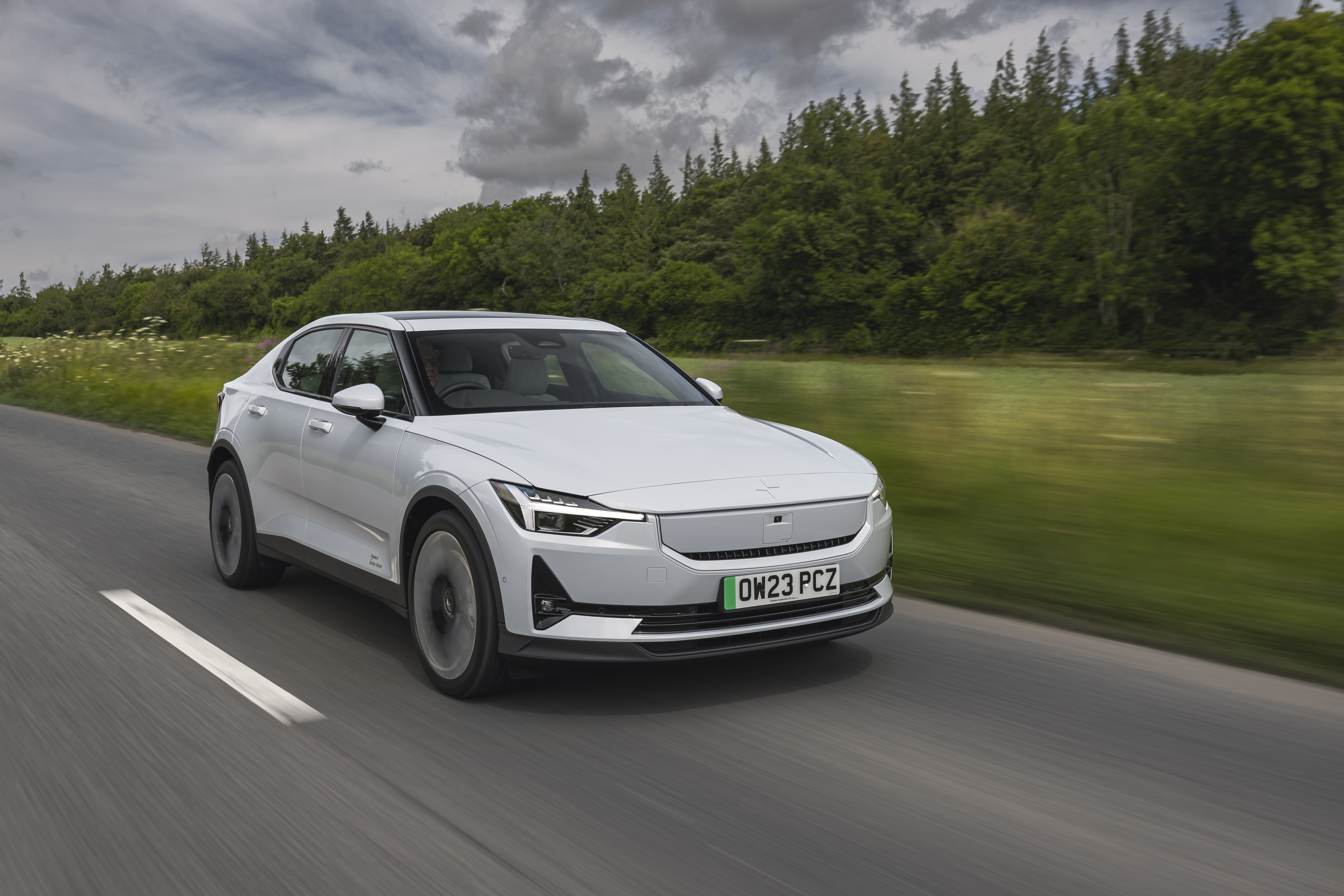
Polestar is another firm that will be able to relish in the ZEV mandate, as it only sells electric models. With sales of more than 12,500, this Swedish manufacturer will be in a lucrative position to be able to trade credits with other companies.
Porsche
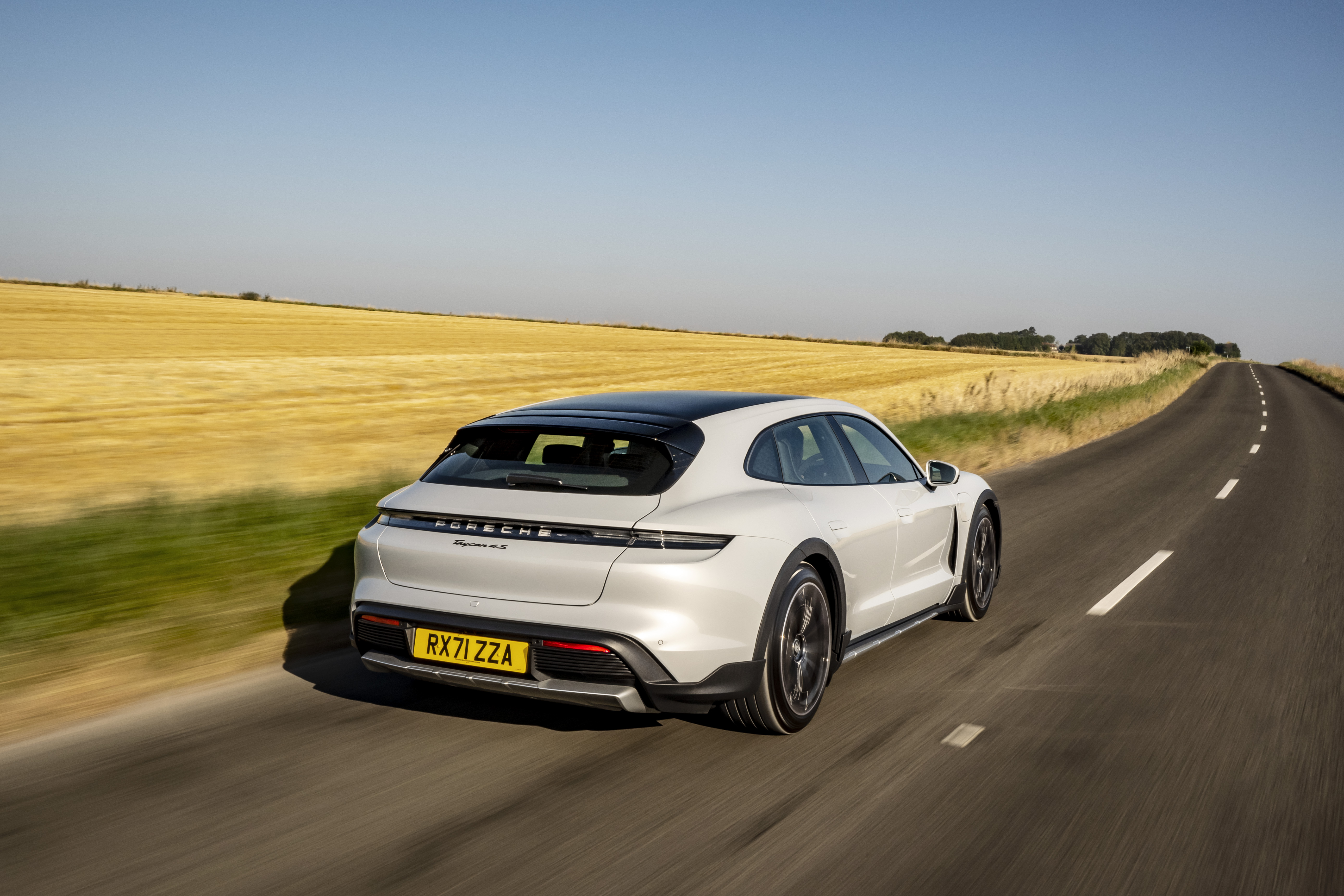
You might know Porsche for its petrol sports cars, but this brand is well ahead of the curve when it comes to EVs. That’s because the electric Taycan is already accounting for almost a third of its sales, and putting it well ahead of the ZEV threshold. The firm will shortly be introducing its Macan EV, which will only help to grow its electric dominance.
Renault
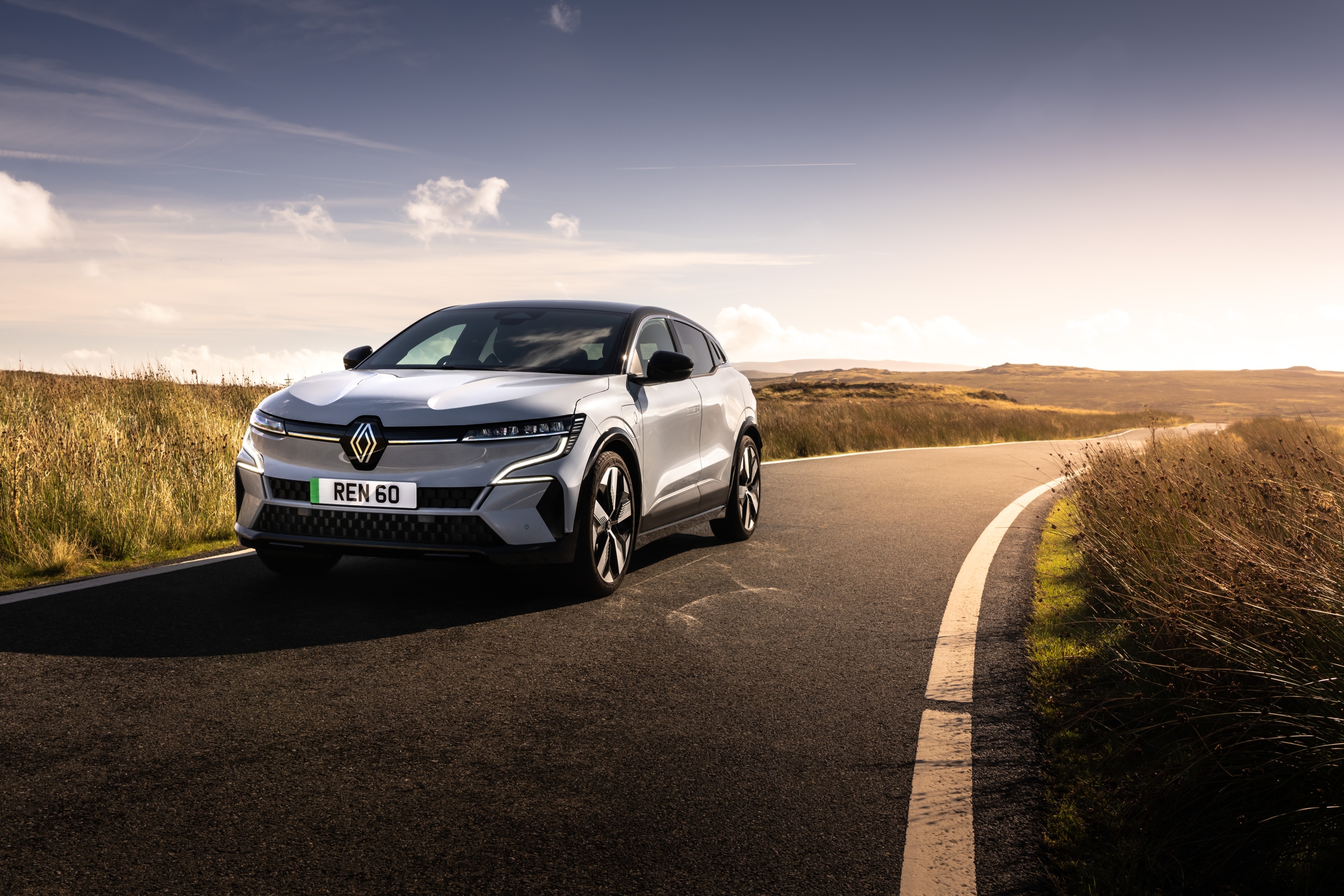
With sales of Renault’s Zoe slowing as the electric hatchback nears the end of its life, and the Megane E-Tech not selling quite as well as the firm might have hoped, EVs made up 11 per cent of its total 2023 share. However, Renault will soon launch the electric Scenic SUV, which should make a sizeable contribution. A Renault spokesperson said it was its “goal to sell as many EVs as possible” and that it would push its electric cars “as hard as we can”.
Seat
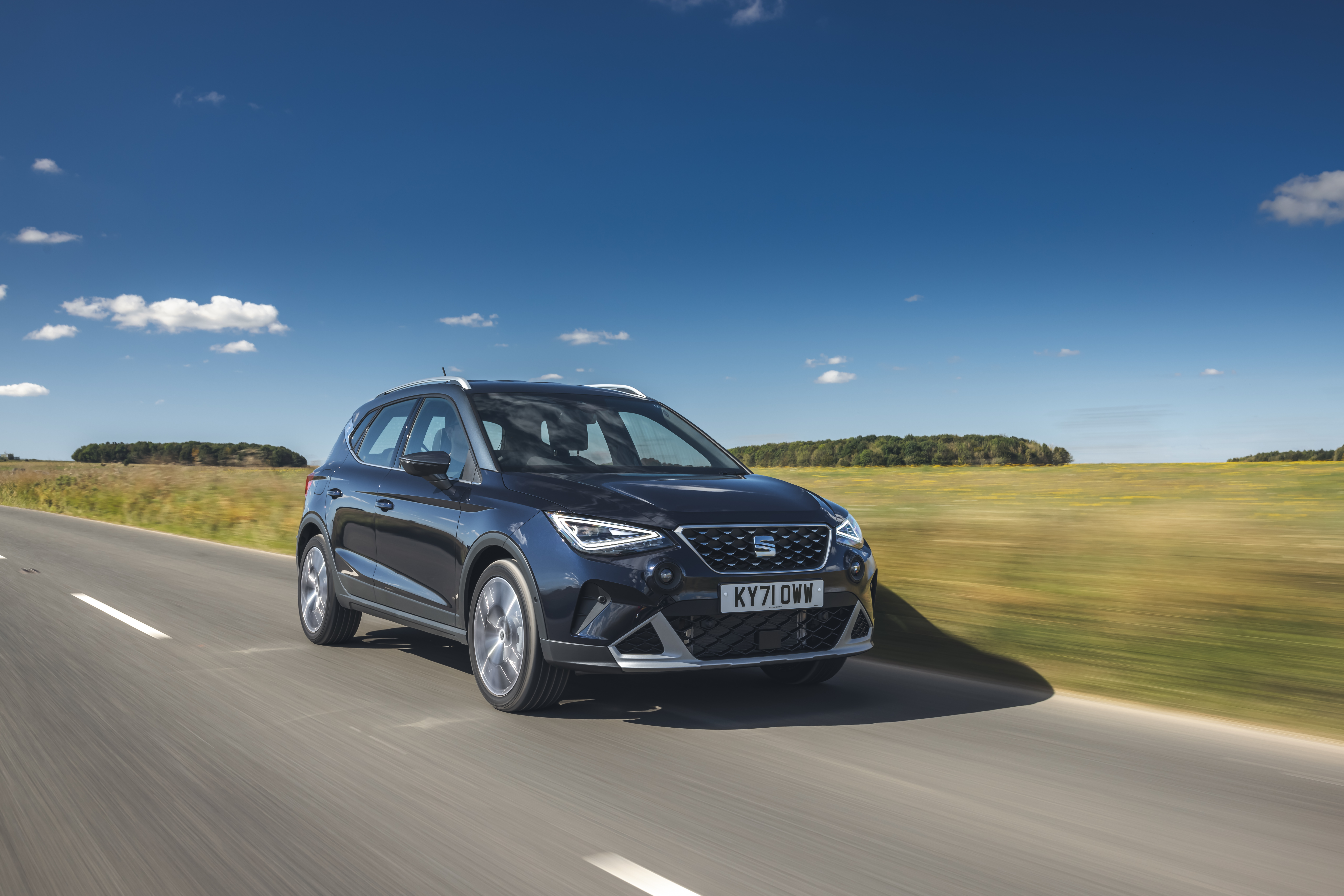
Seat is another large car firm that currently doesn’t sell an EV, and that won’t change in 2024. On its own, the Spanish firm would likely be in a precarious position, but it will be able to leapfrog off sibling brand Cupra’s high electric car share to escape fines.
Skoda
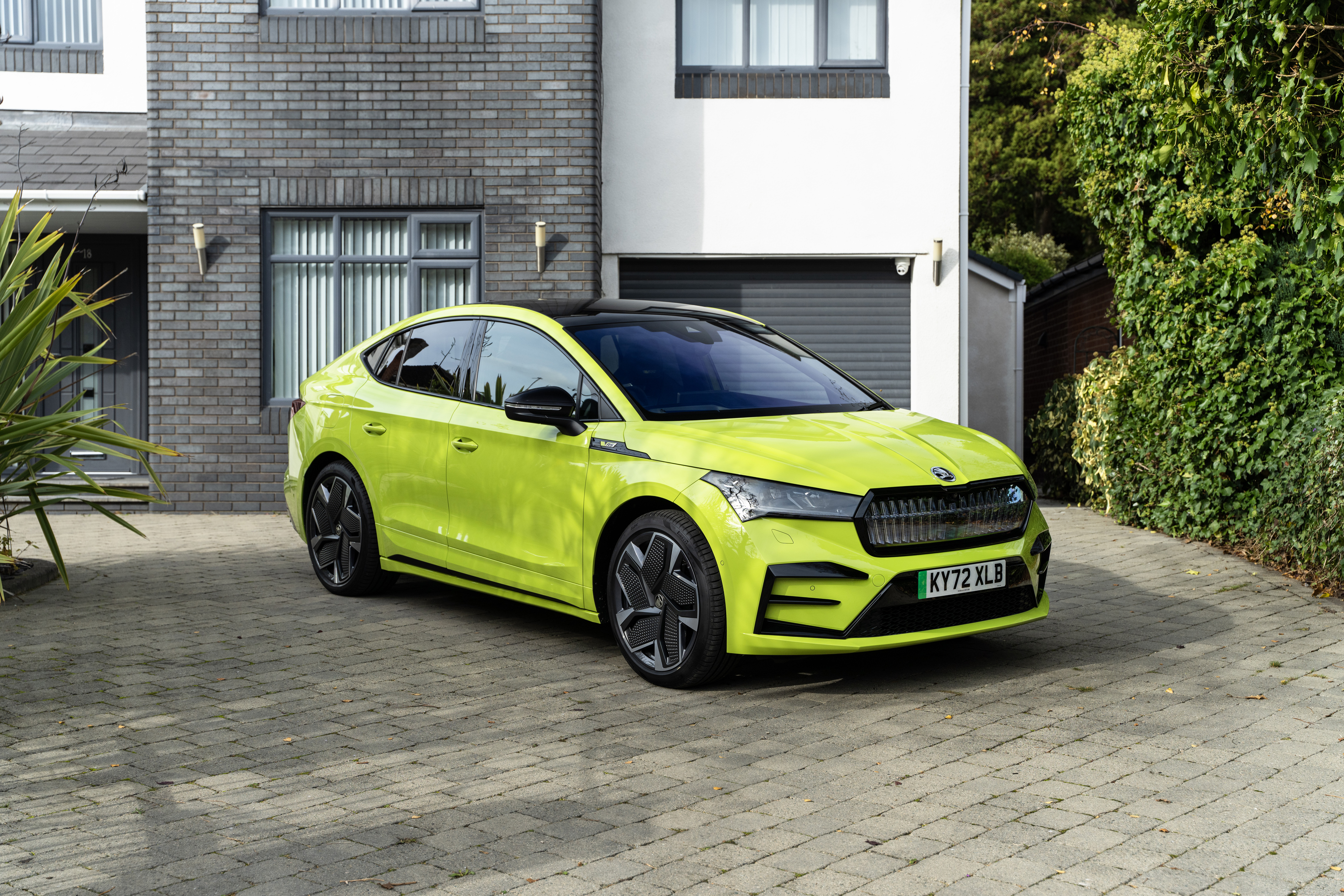
Skoda’s electric Enyaq has done fairly well on its own, but as the firm’s only EV, it only made up a 12 per cent share of its sales in 2023. This year is a busy one for Skoda, with a new Kodiaq and Superb on the way, but neither of these are EVs, and it will likely mean the firm has to work with the wider Volkswagen Group to meet the targets.
Subaru
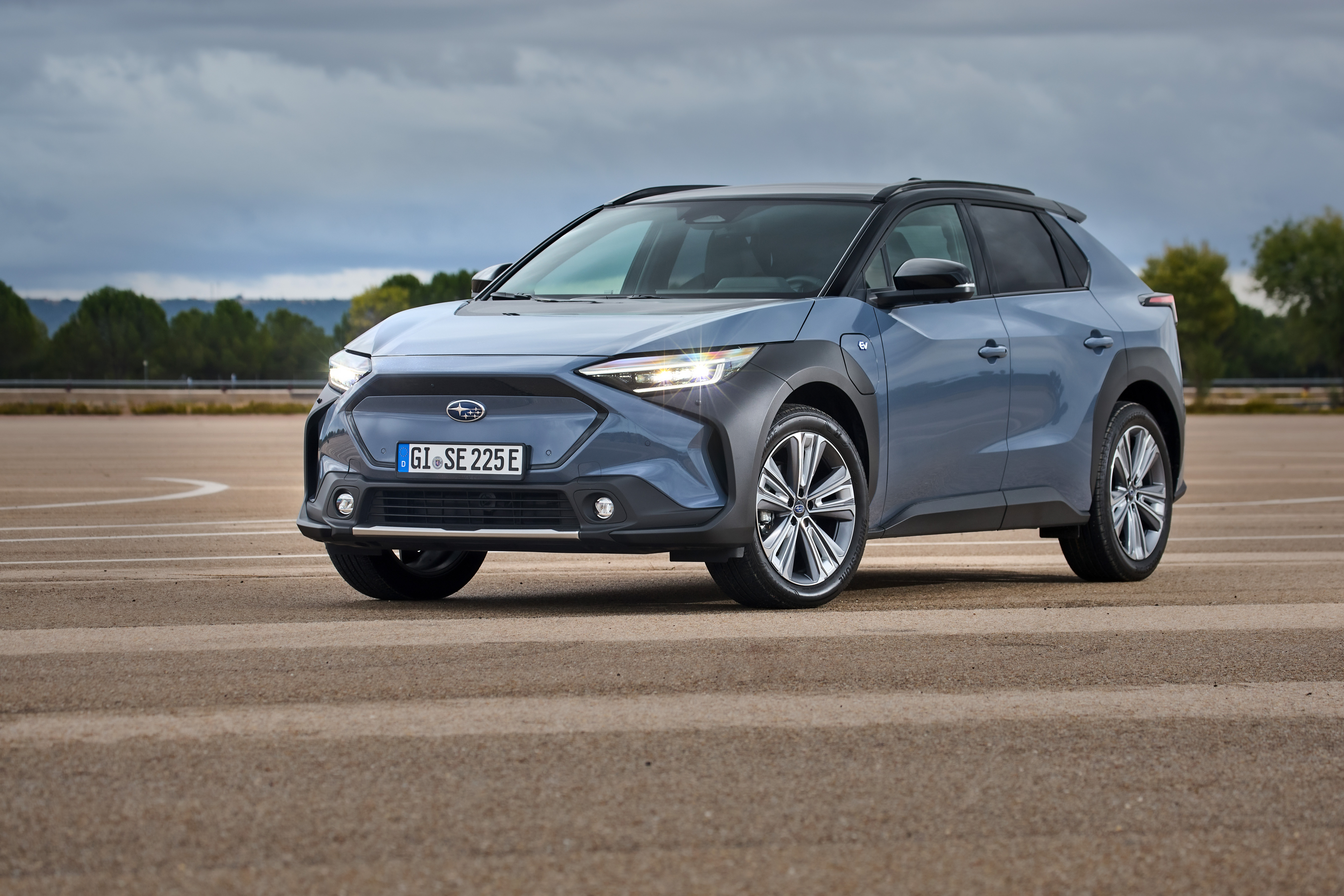
Subaru sold just under the 2,500 threshold for ZEV compliance in 2023, and will likely cap overall sales at that if it doesn’t hit the required EV share with its electric Solterra, which made up a respectable 16 per cent share last year. Subaru UK’s boss Lorraine Bishton said the Solterra would “play a significant role in supporting the achievement of our objectives concerning the ZEV mandate”.
Suzuki
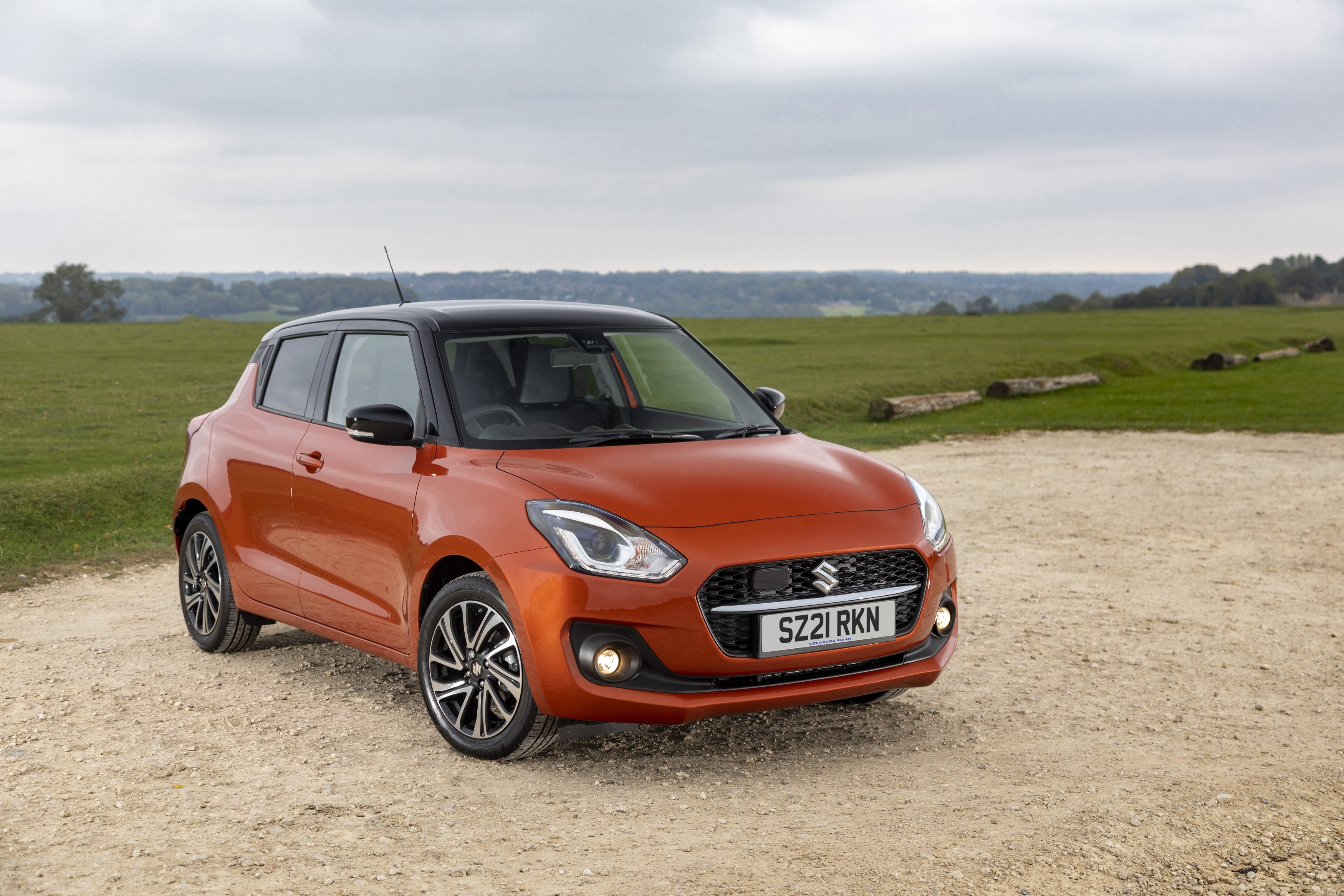
Suzuki is another fairly sizable car firm that doesn’t yet have an electric car and won’t until 2025. To avoid fines, a spokesman for the firm said it “plans to work within the ZEV mandate regulations”. This includes using its historically low CO2 emissions as credits, along with using “future years ZEV registrations and trading”.
Tesla
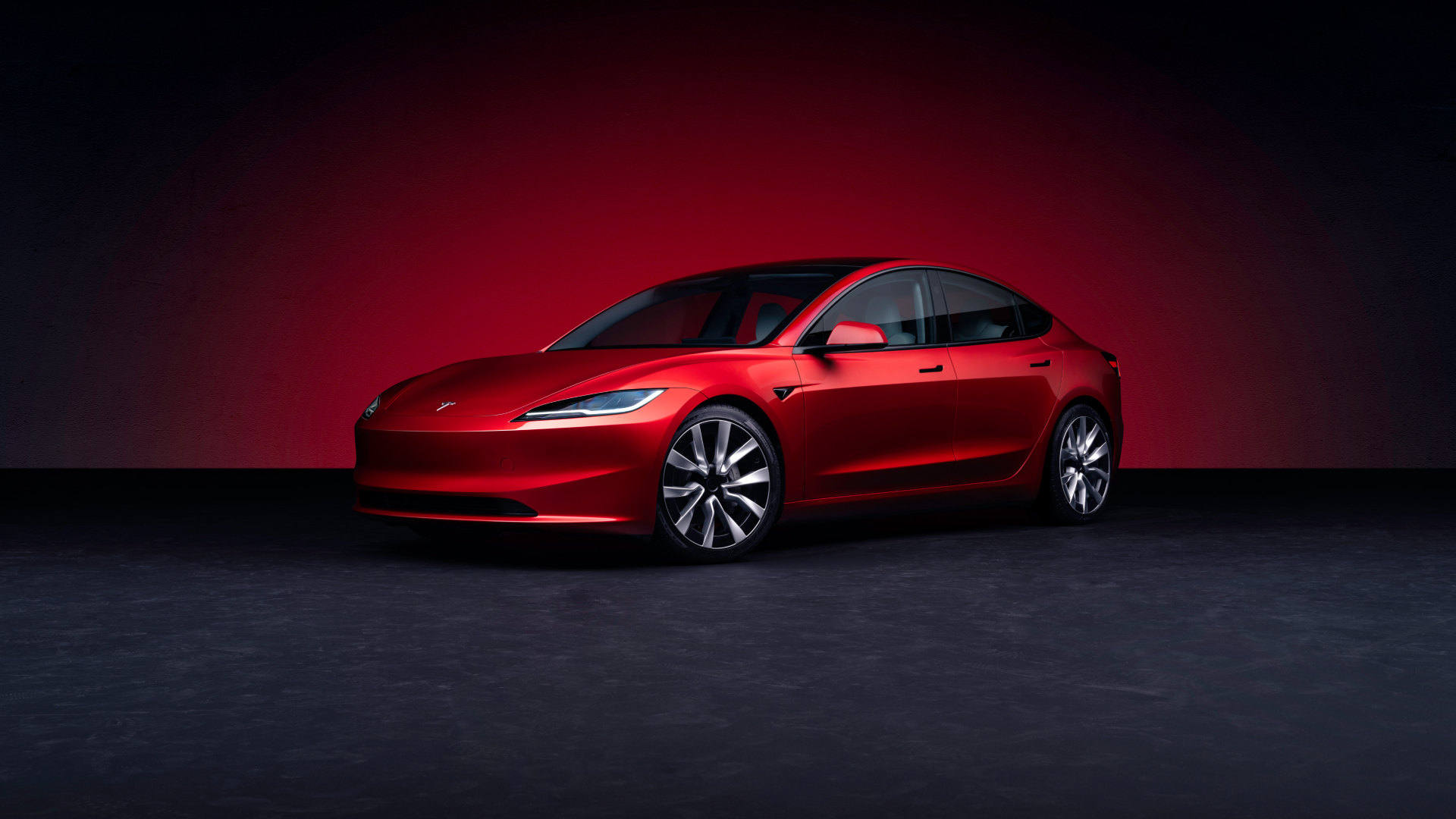
If struggling car manufacturers need to buy ‘electric’ credits to avoid fines, Tesla will likely be who they turn to. Selling just short of 50,000 cars in 2023, all of which were electric, it’s in a brilliant position to financially gain from others. Tesla was approached for comment but didn’t respond
Toyota
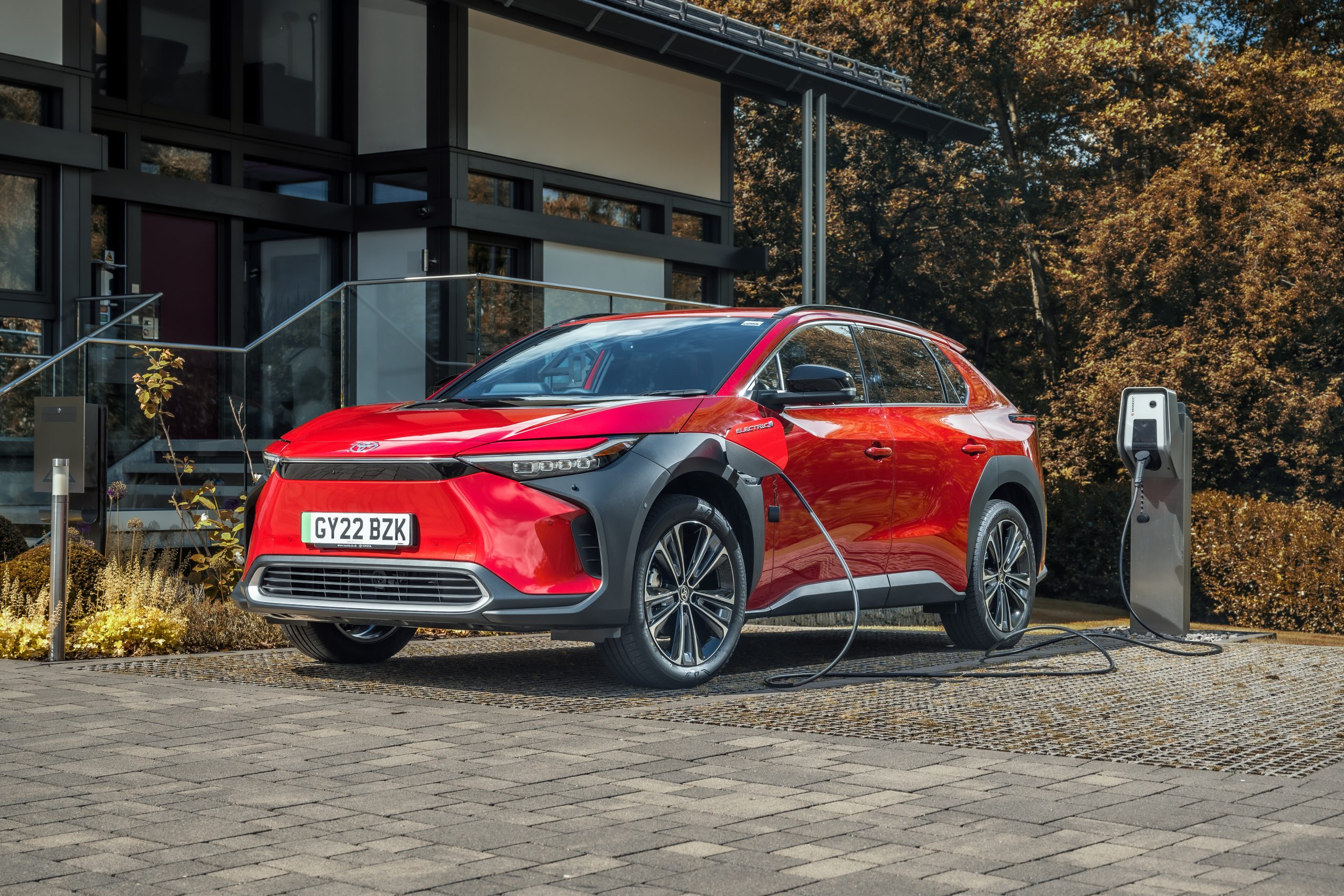
With almost 110,000 cars registered in 2023, Toyota is one of the UK’s largest car companies, but one that’s in a precarious position where the ZEV mandate is concerned. That’s because it sells just one EV at the moment, and this accounted for a fractional one per cent share in 2023. Toyota has primarily sold hybrid cars for several years and as a result has had an exceptionally low fleet CO2 average, which is something it will likely use to avoid fines, though a spokesperson refused to comment.
Vauxhall
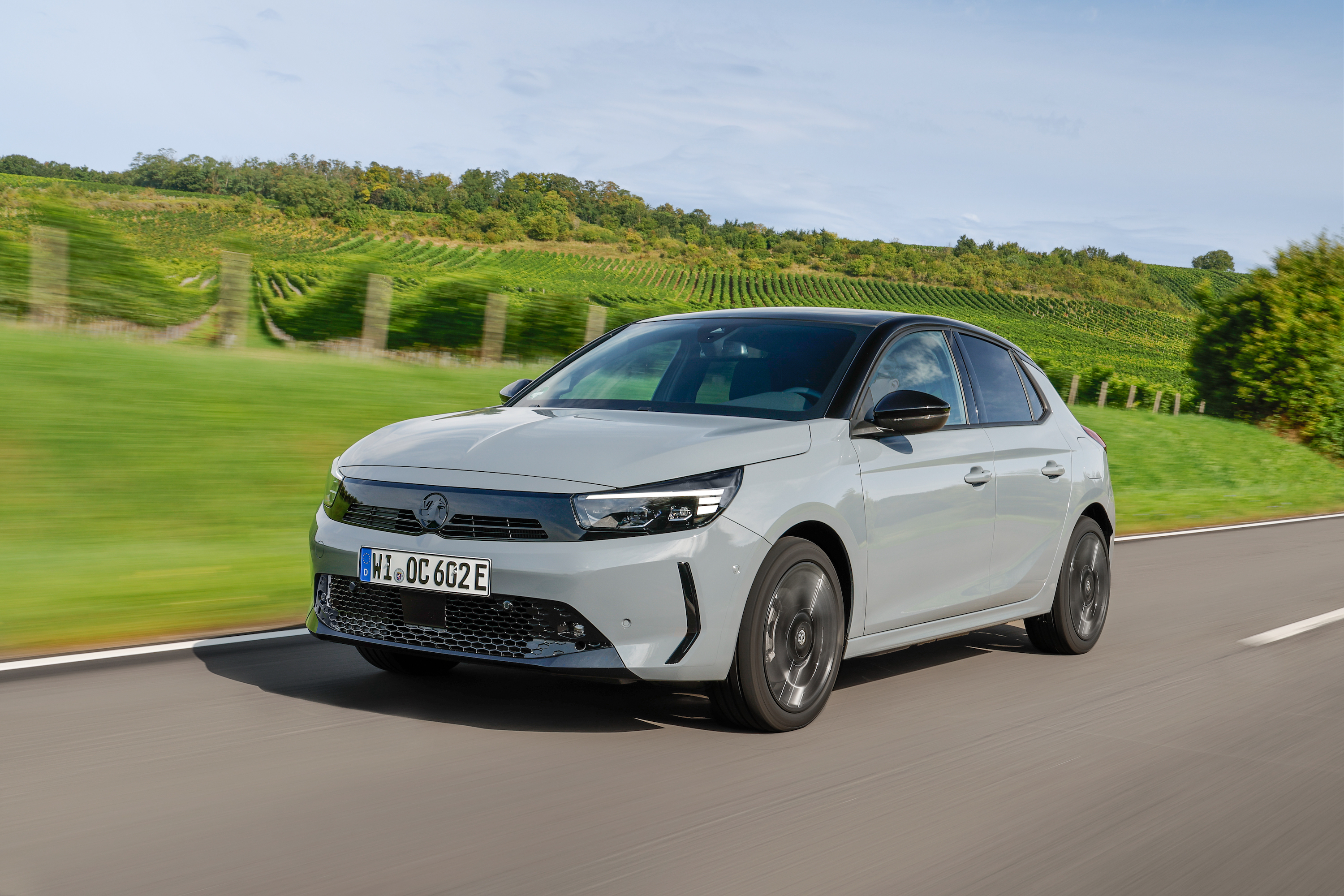
Vauxhall said it would “meet its electric commitments” in 2024 when asked, despite only having a 12 per cent EV share last year. It already offers a wide range of EVs, and will likely be strongly pushing electric versions of the Corsa, Mokka and Astra to customers to help it reach the targets.
Volkswagen
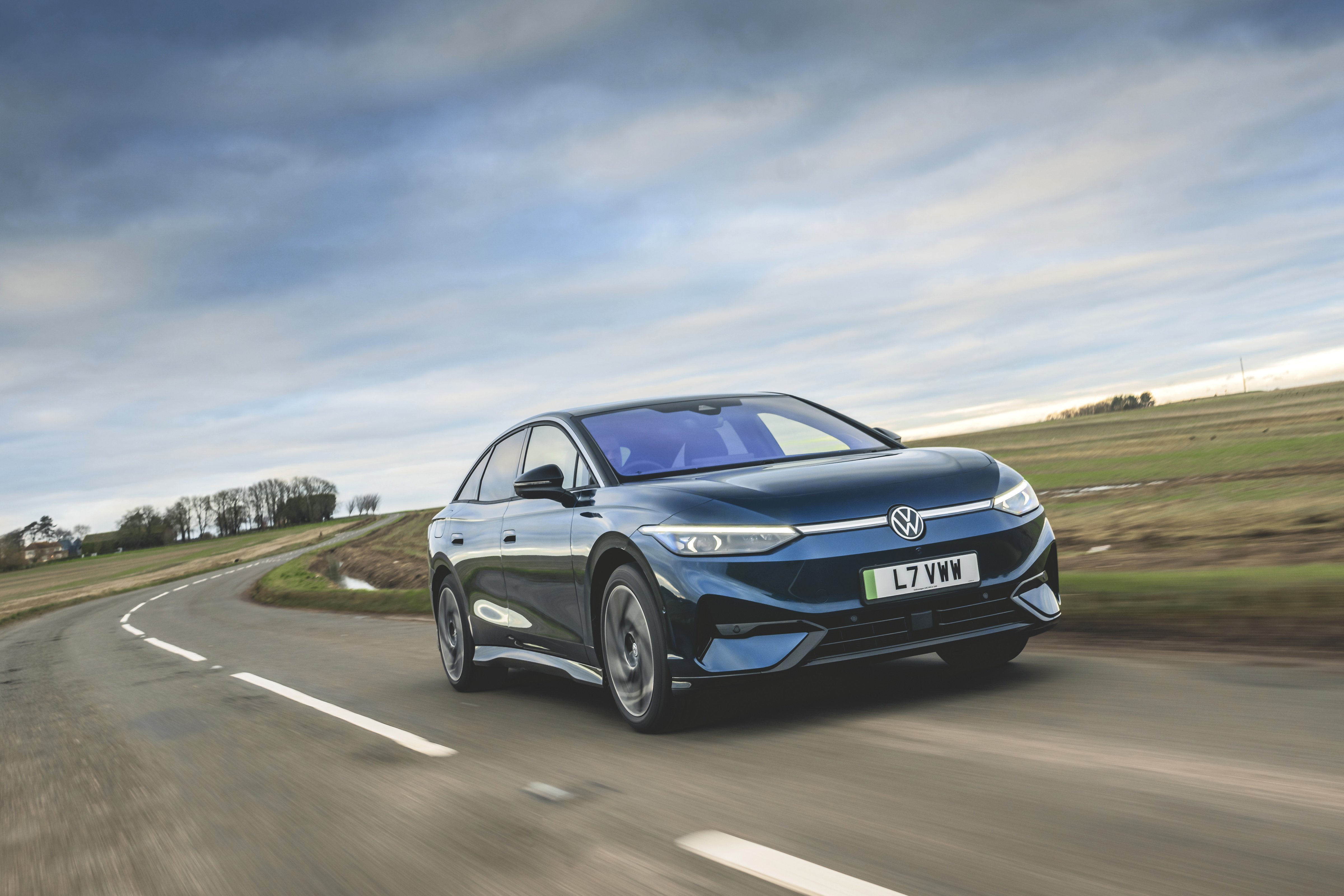
Volkswagen is now the largest car company operating in the UK and is well on its way to meeting the ZEV mandate, with a 15 per cent electric share in 2023, courtesy of cars like the ID.3 and ID.4. Several new VW EVs are due this year, though these will be more niche models that won’t sell in significant volumes in the UK. A spokesperson said the firm would “comply with legislation”, but called for “appropriate incentives for retail buyers” from the government to make them make the switch to EVs.
Volvo
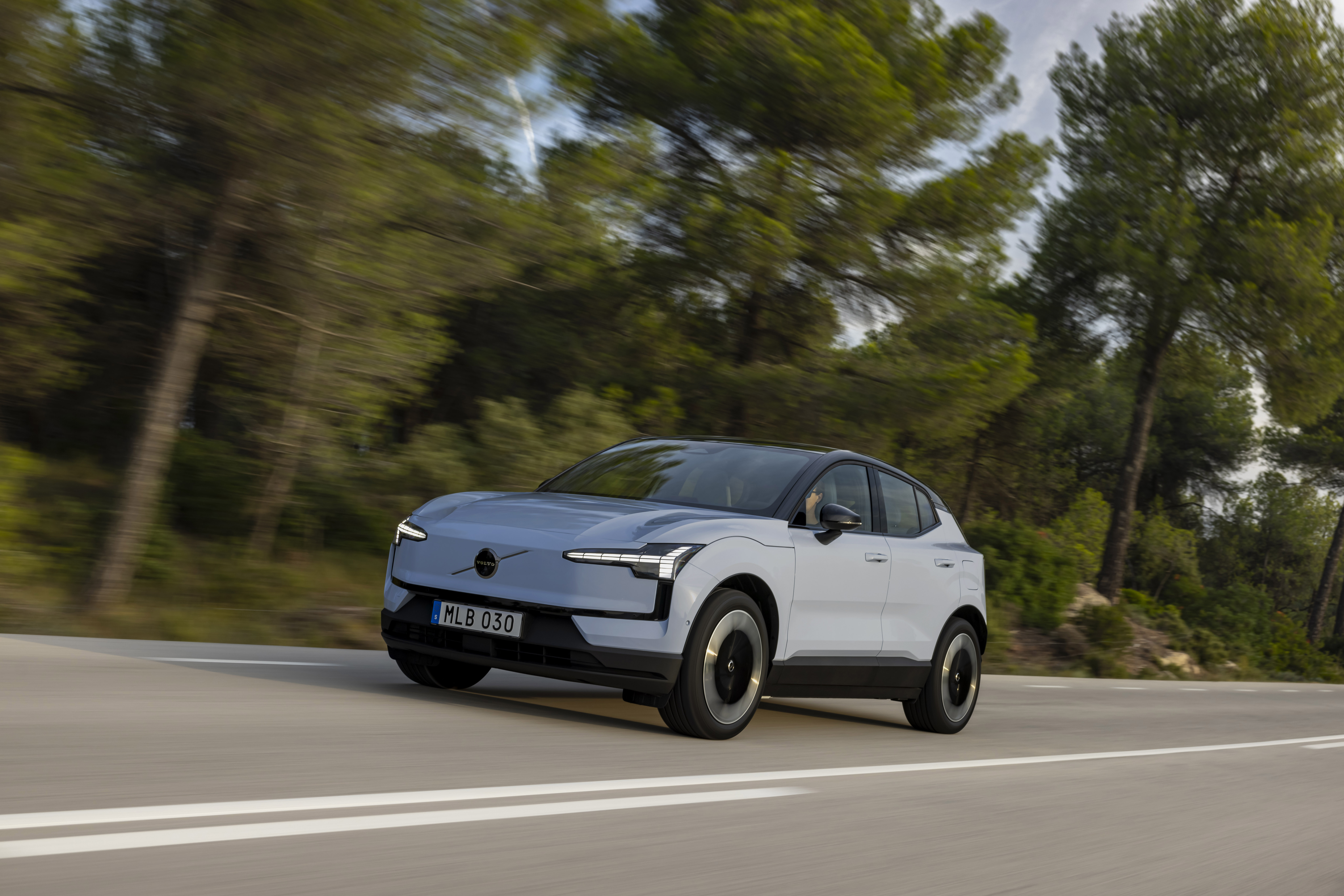
With a 21 per cent EV share in 2023, Volvo is close to meeting the ZEV mandate already. The Swedish firm will also soon introduce the EX30 as a new entry-level electric SUV that should make a significant contribution to growing its electric sales mix. Volvo said it would meet the ZEV mandate.


